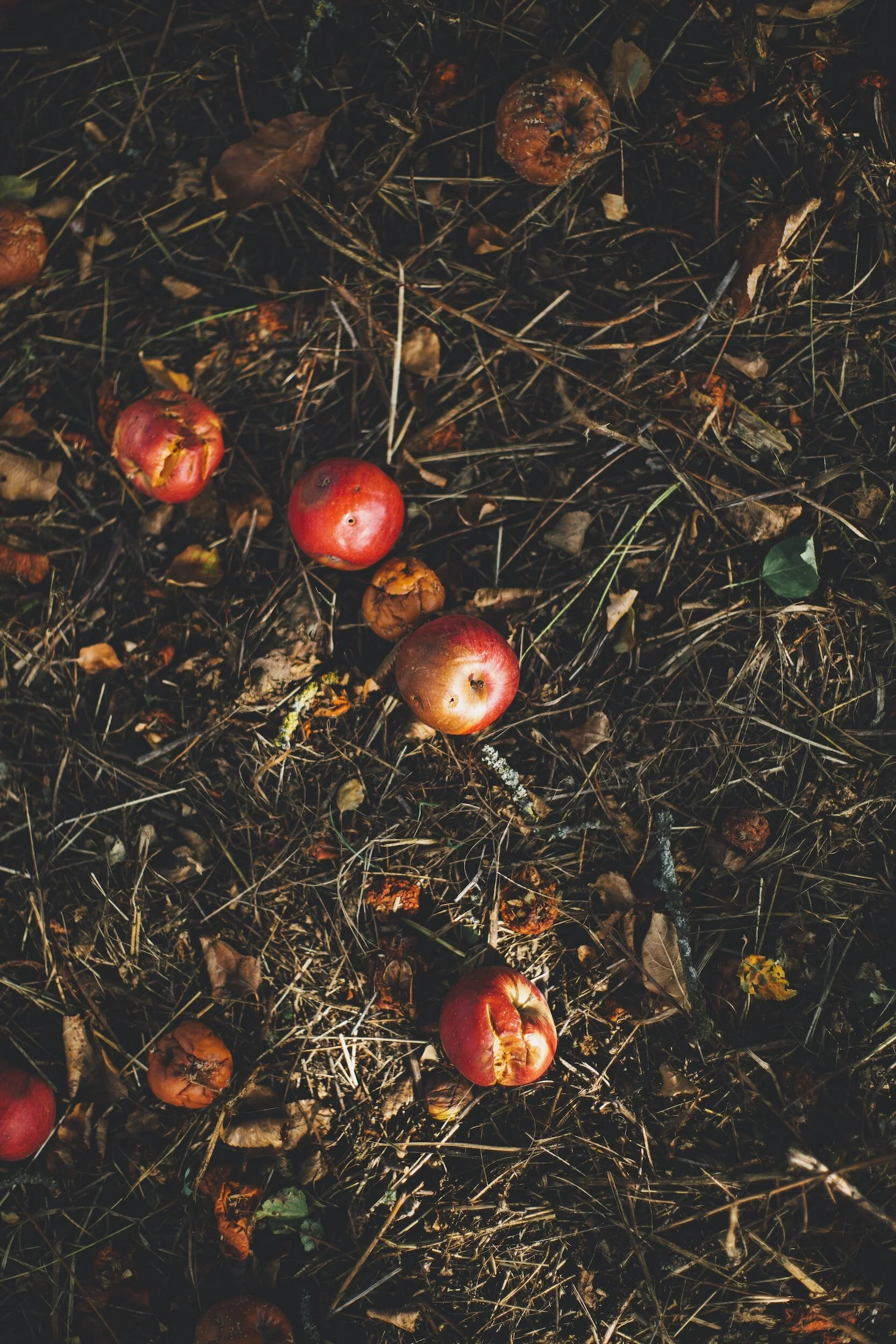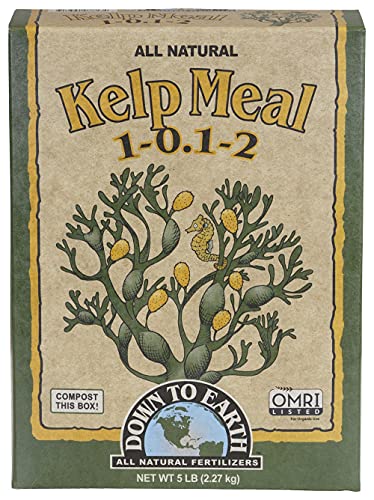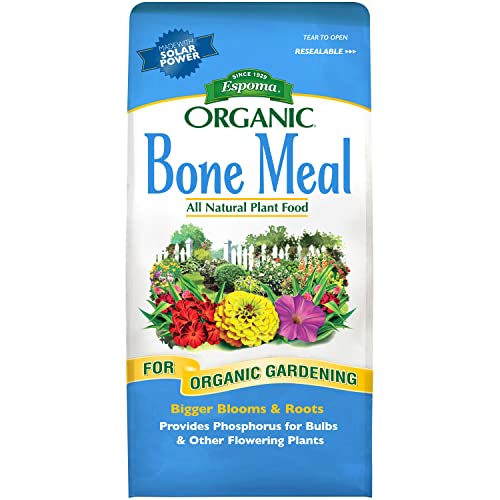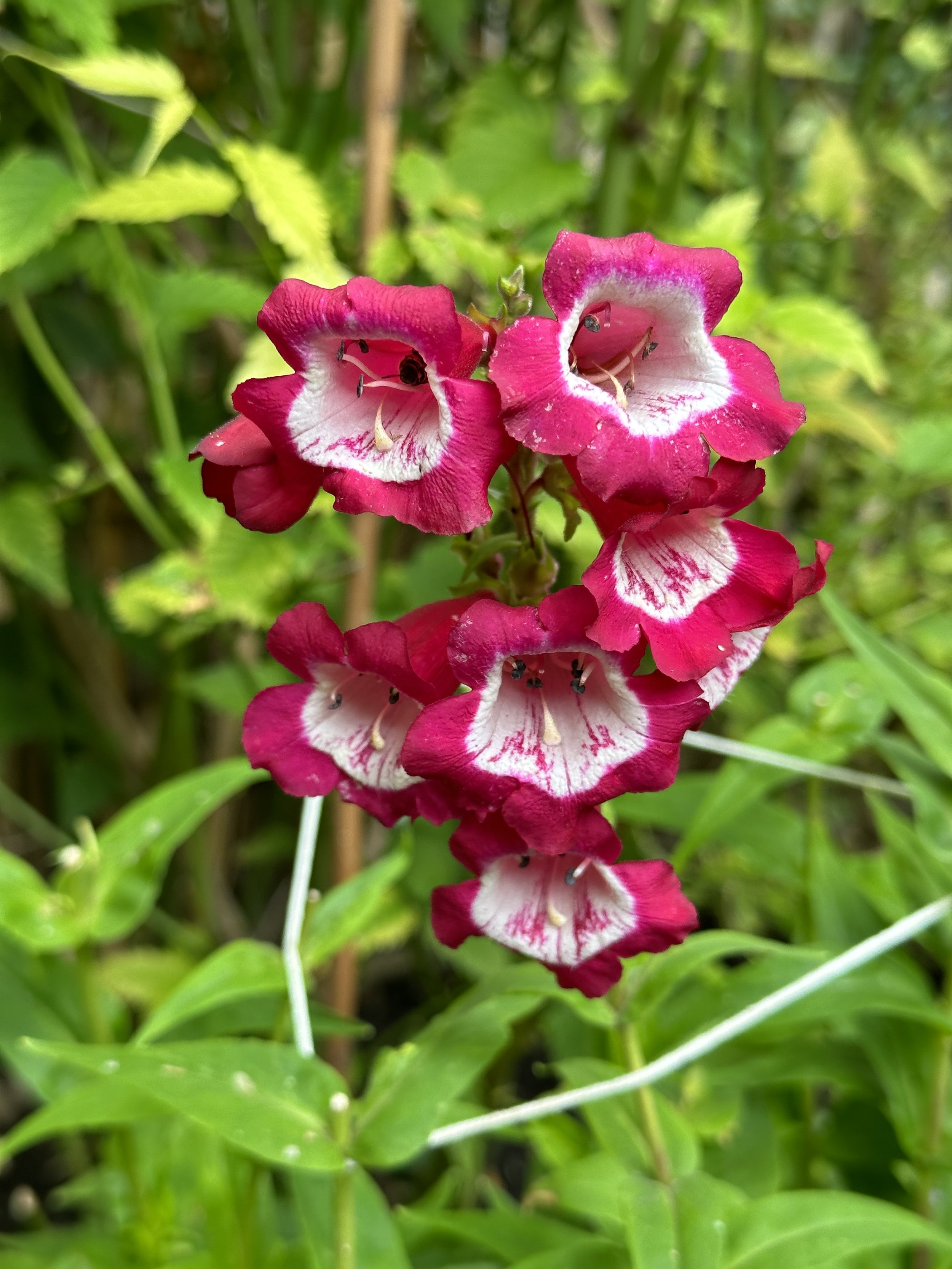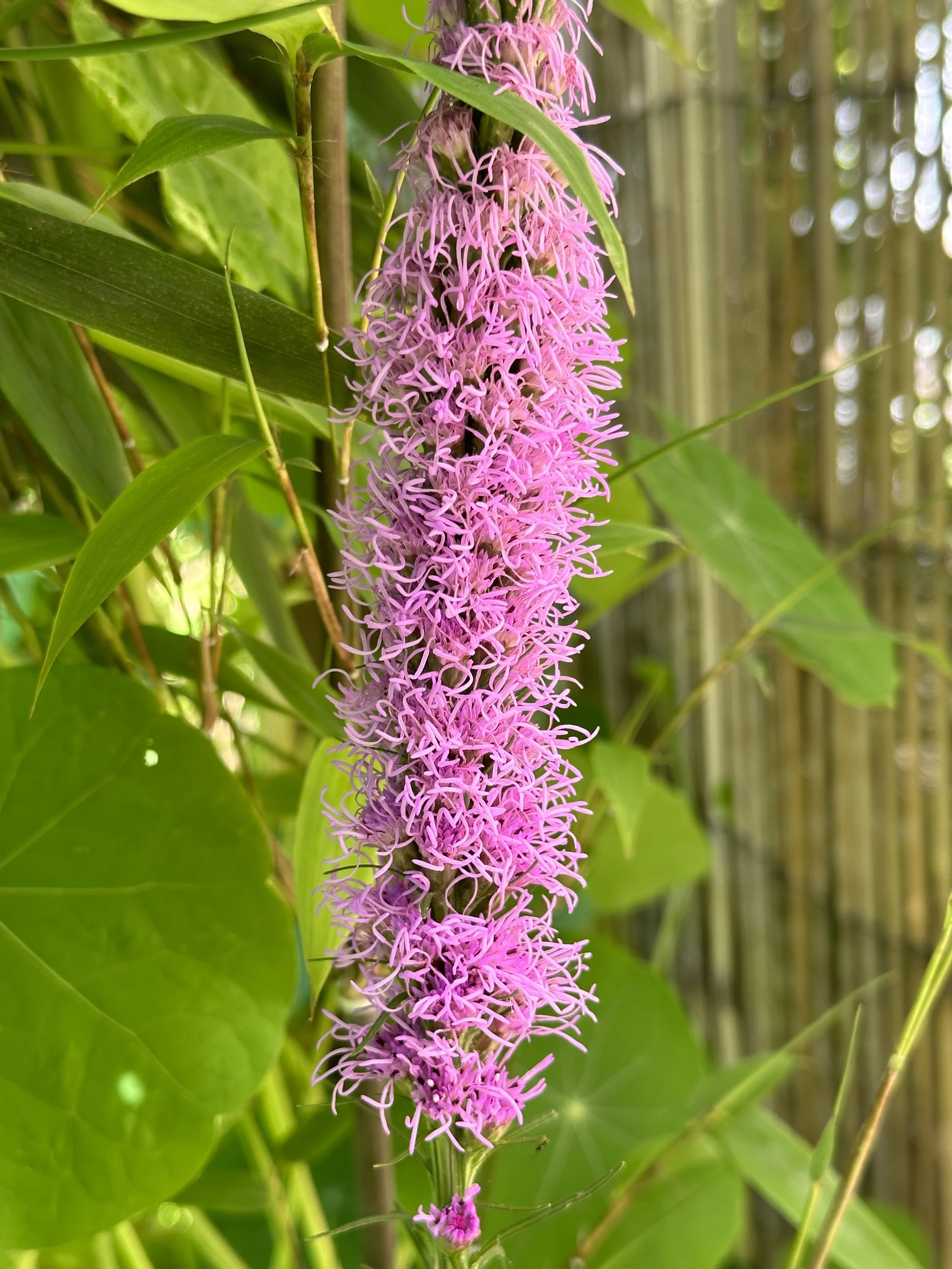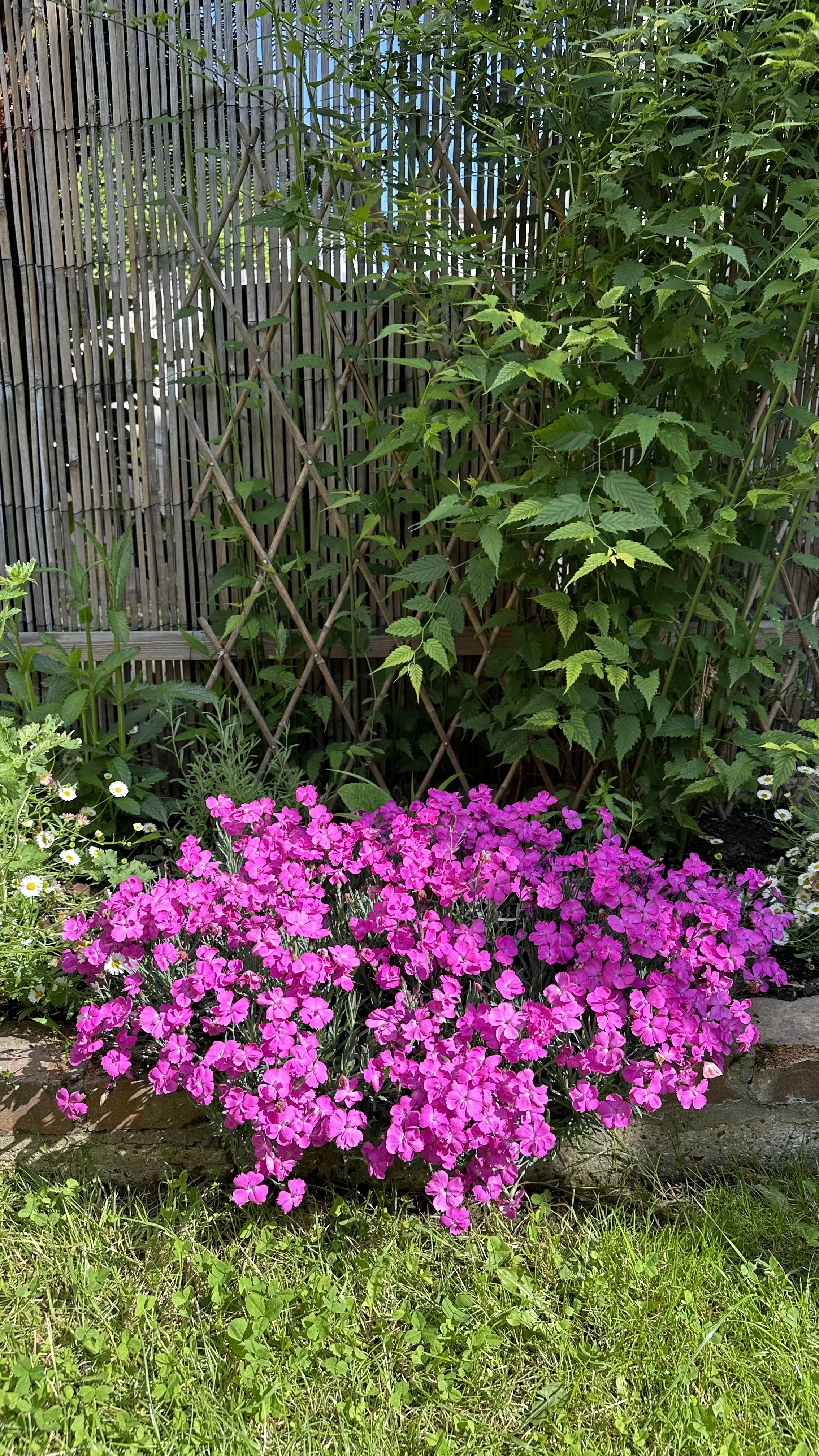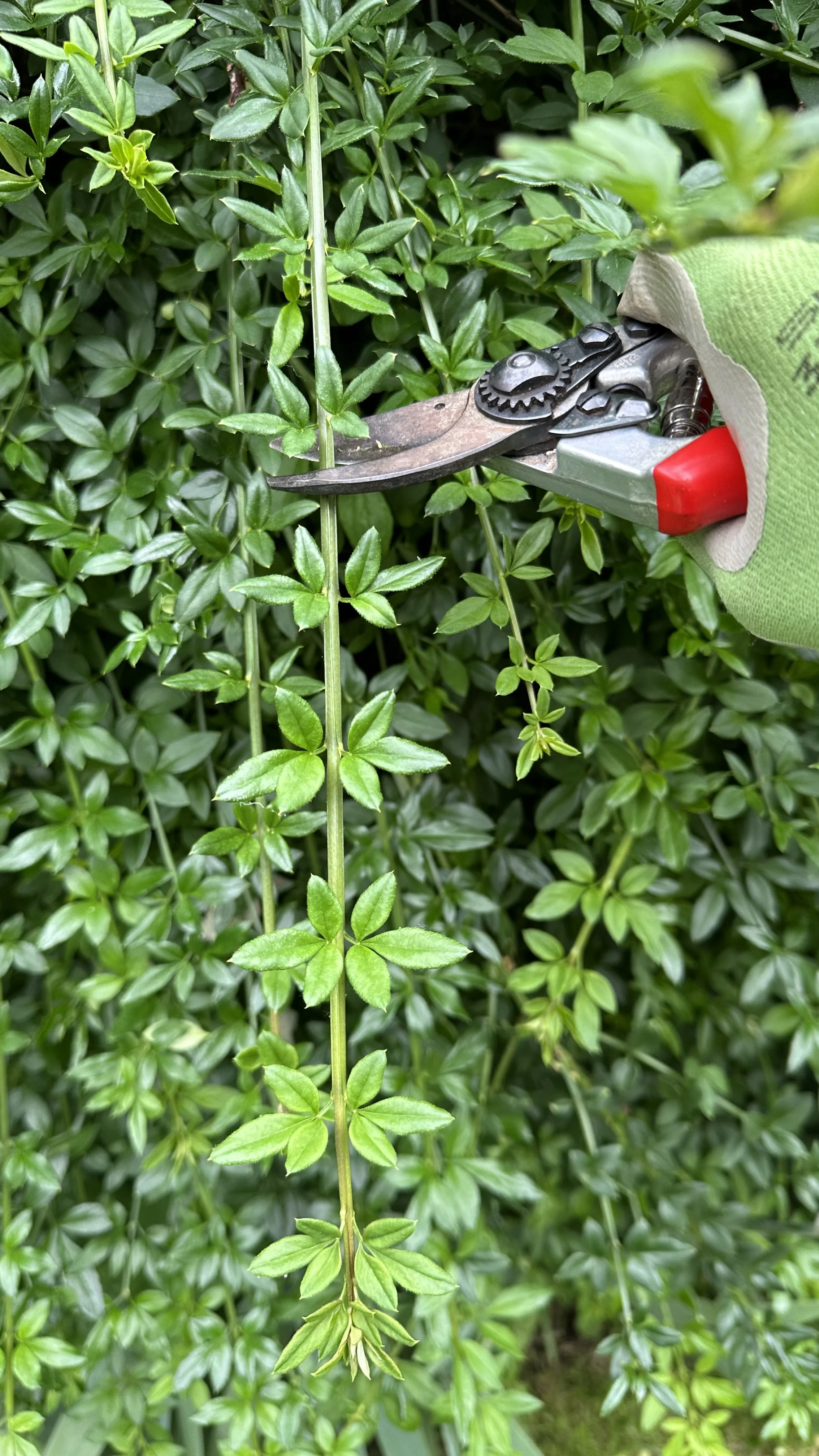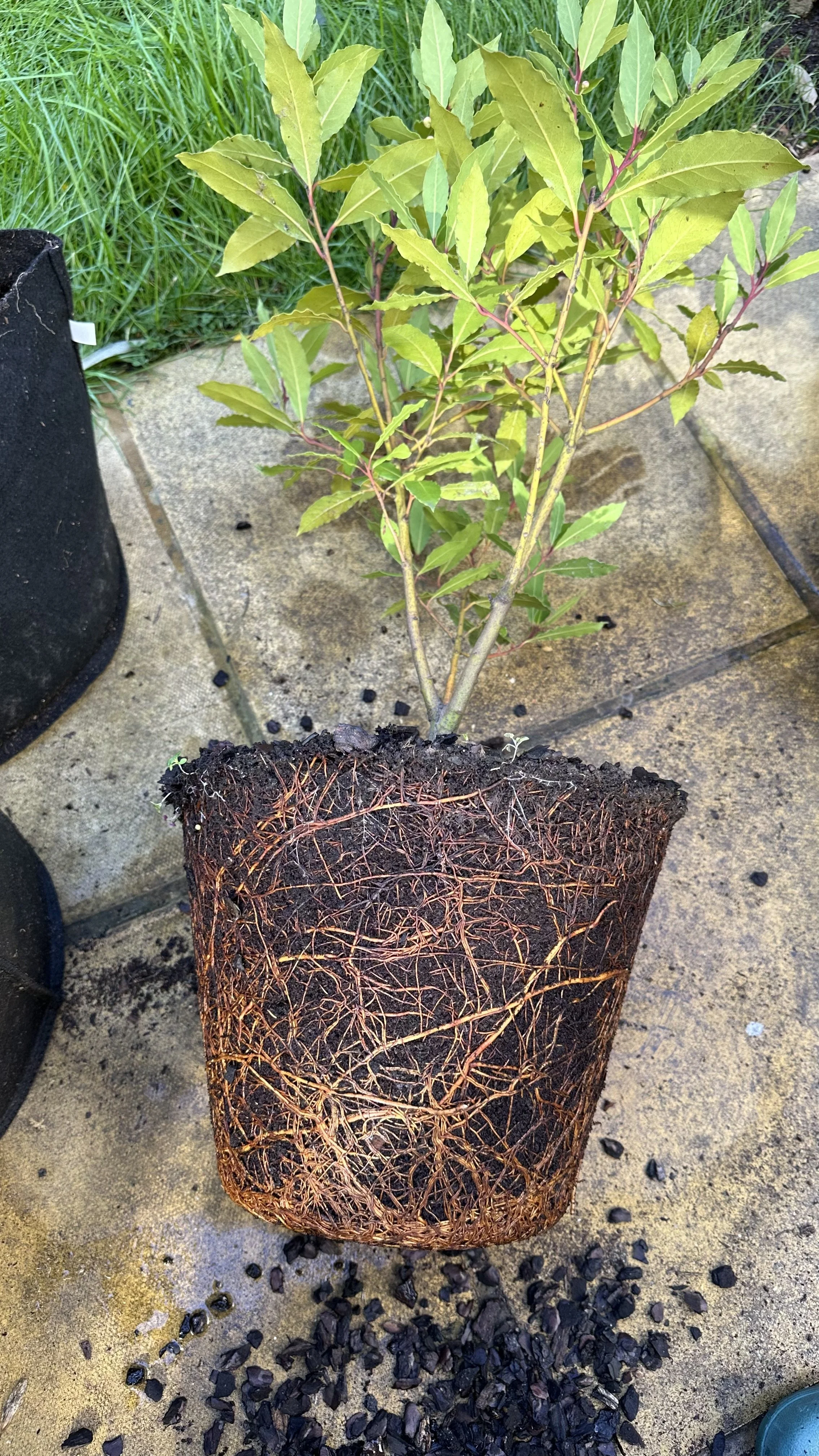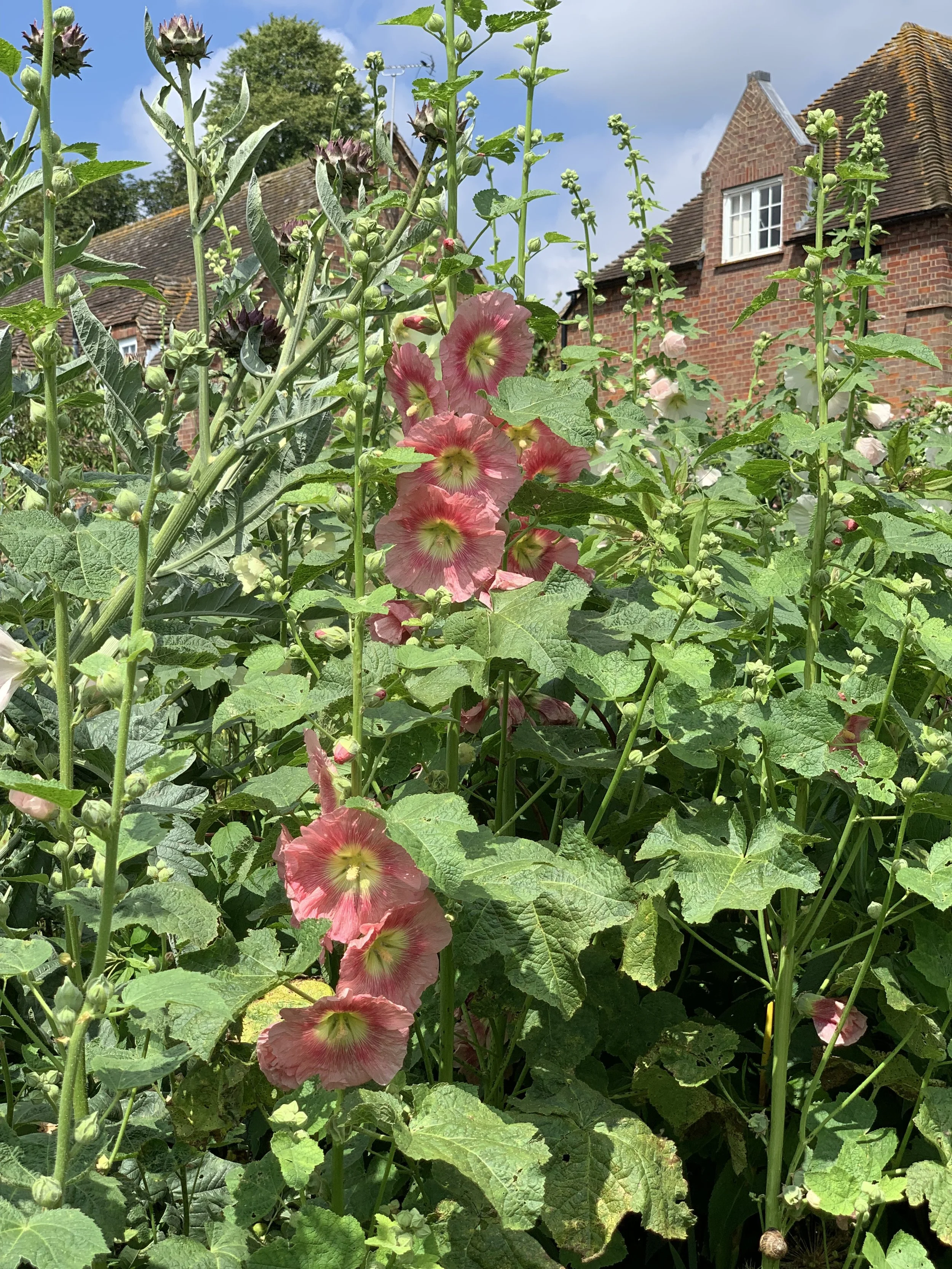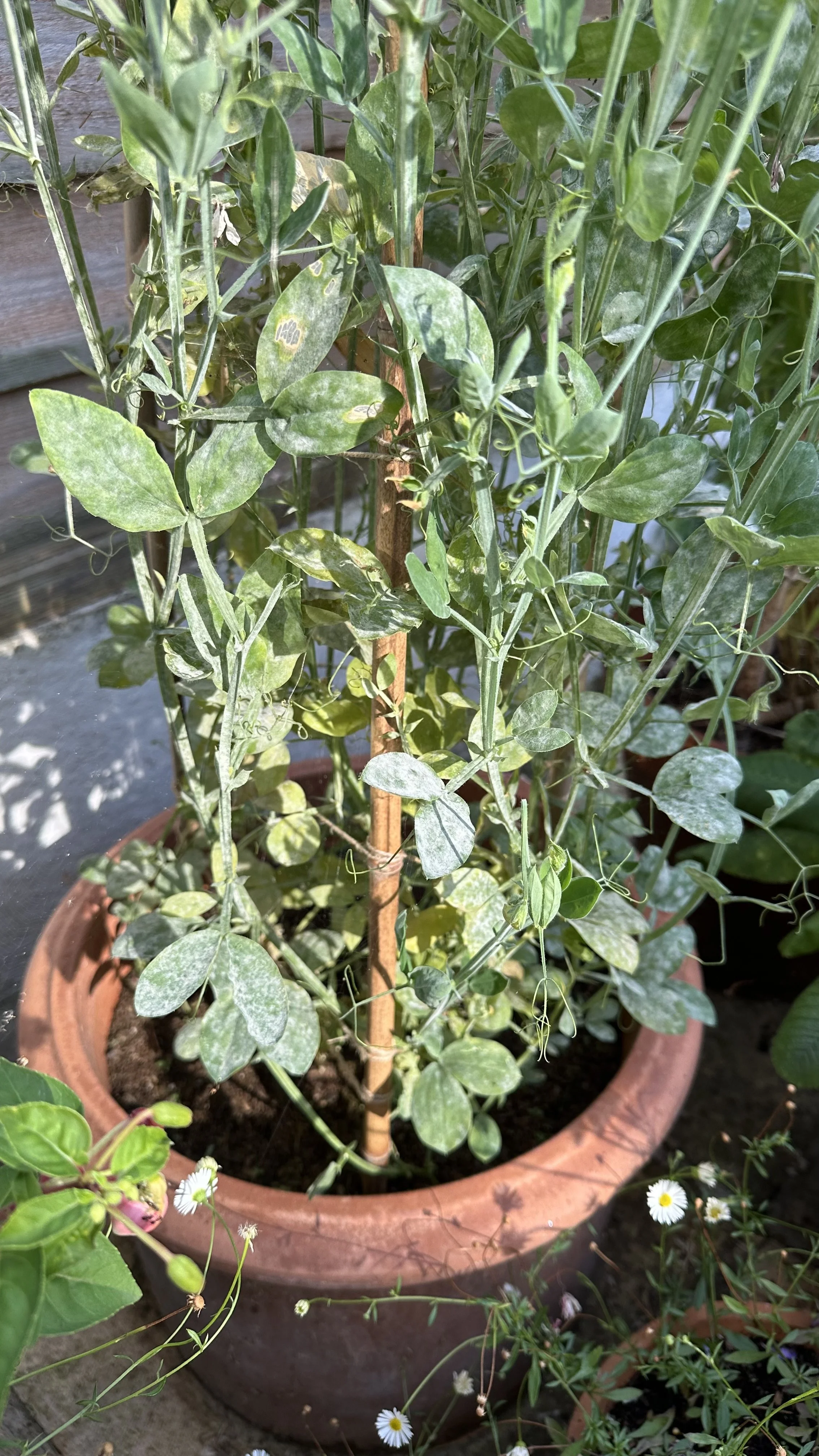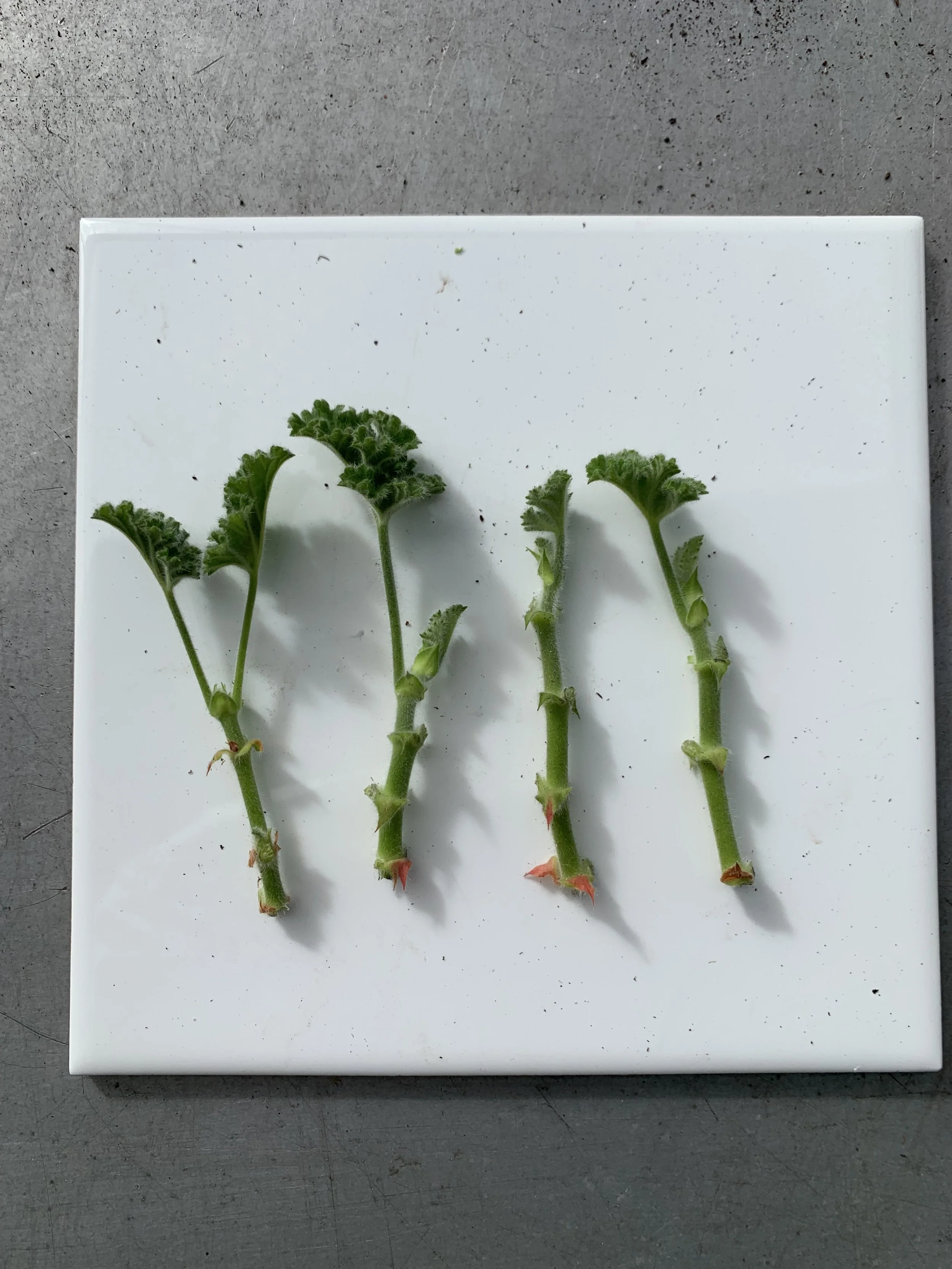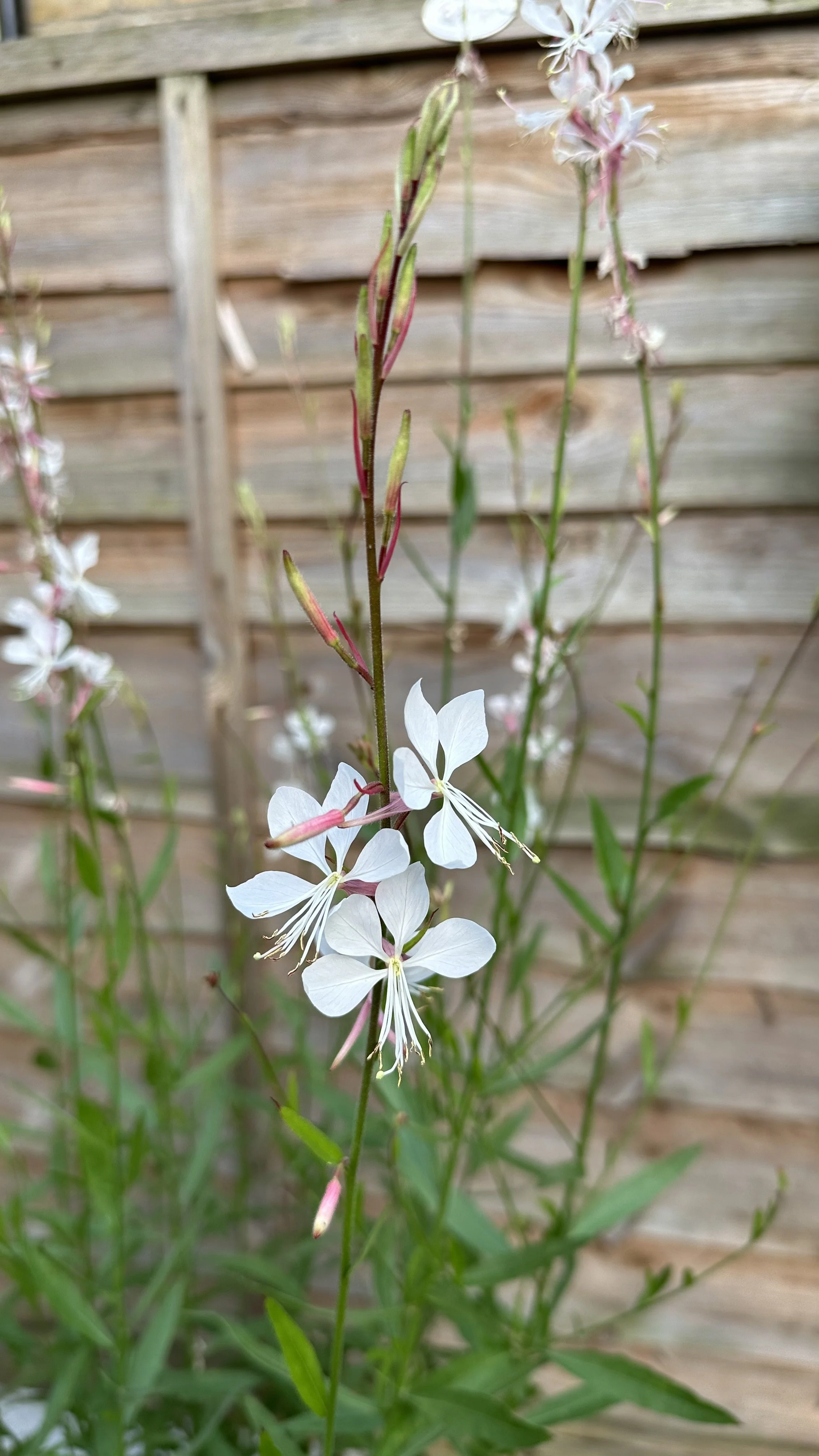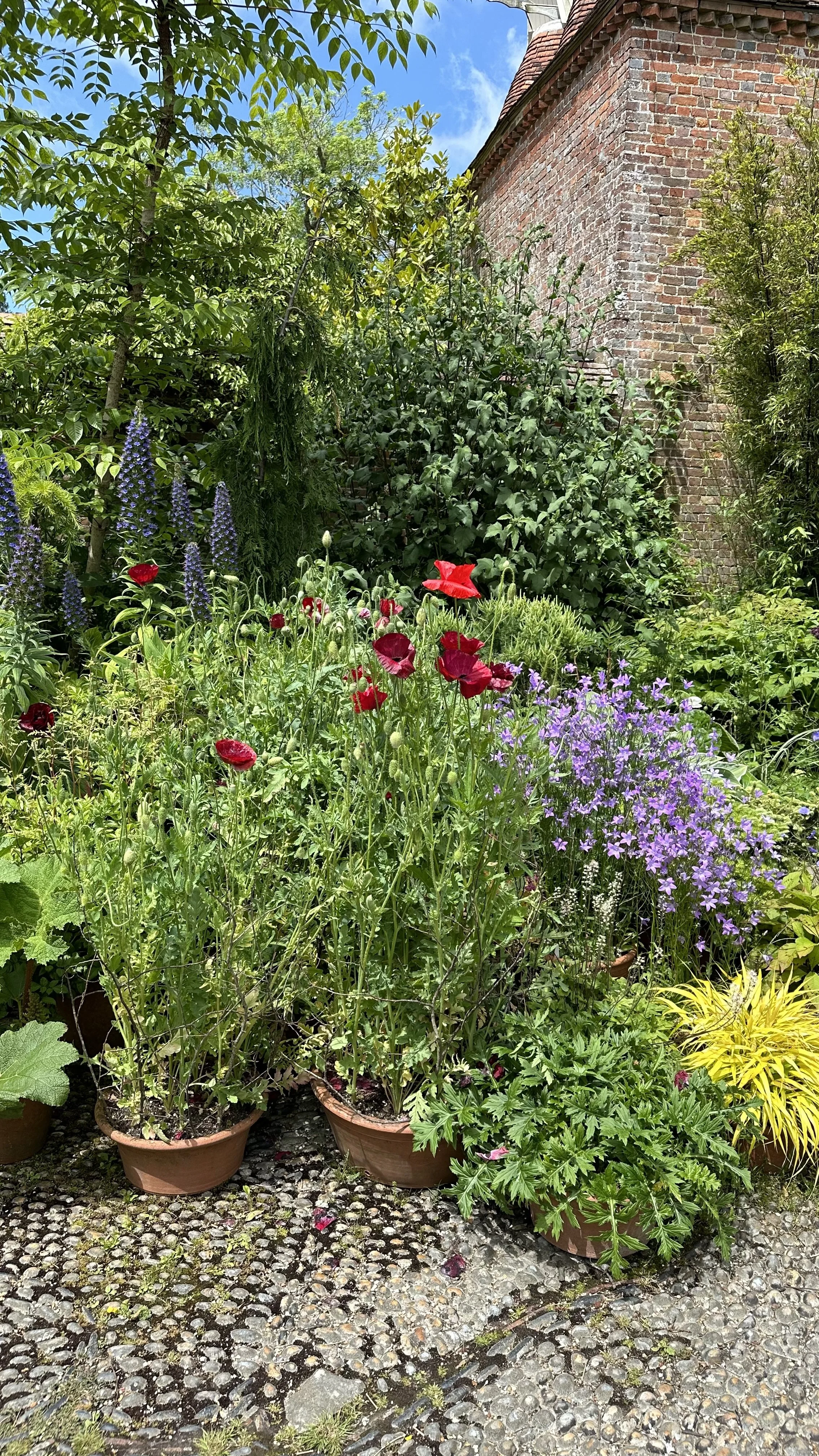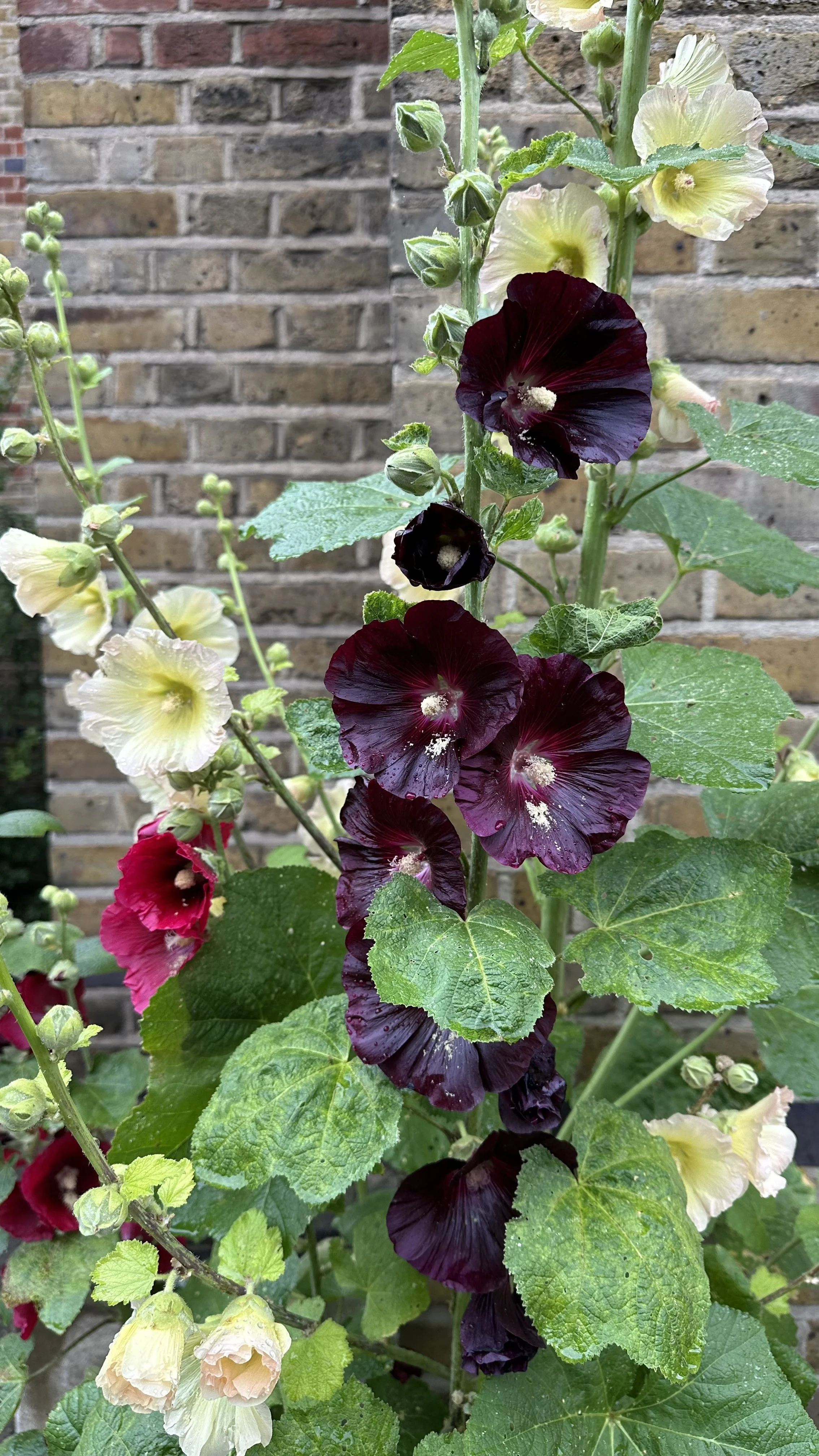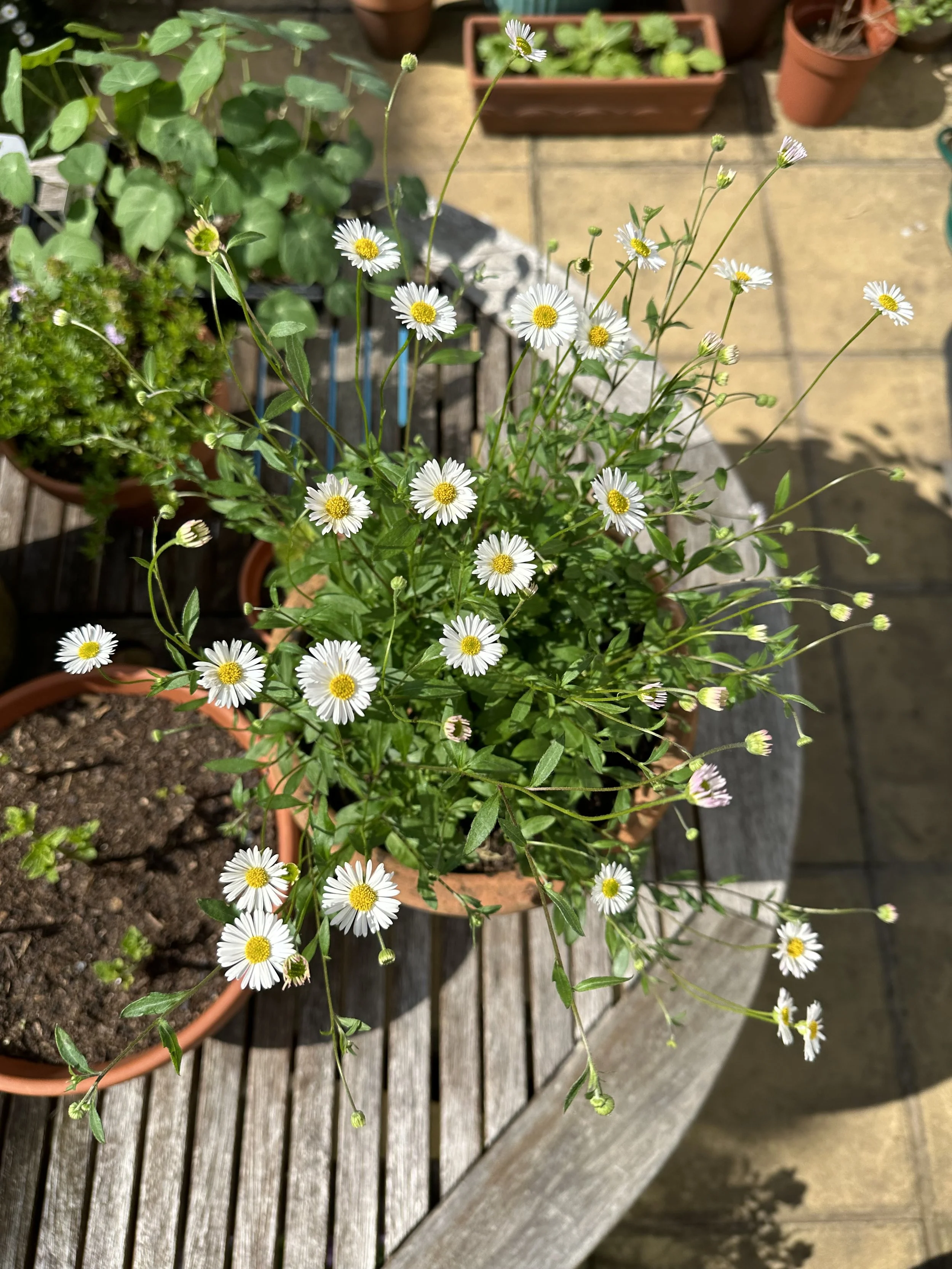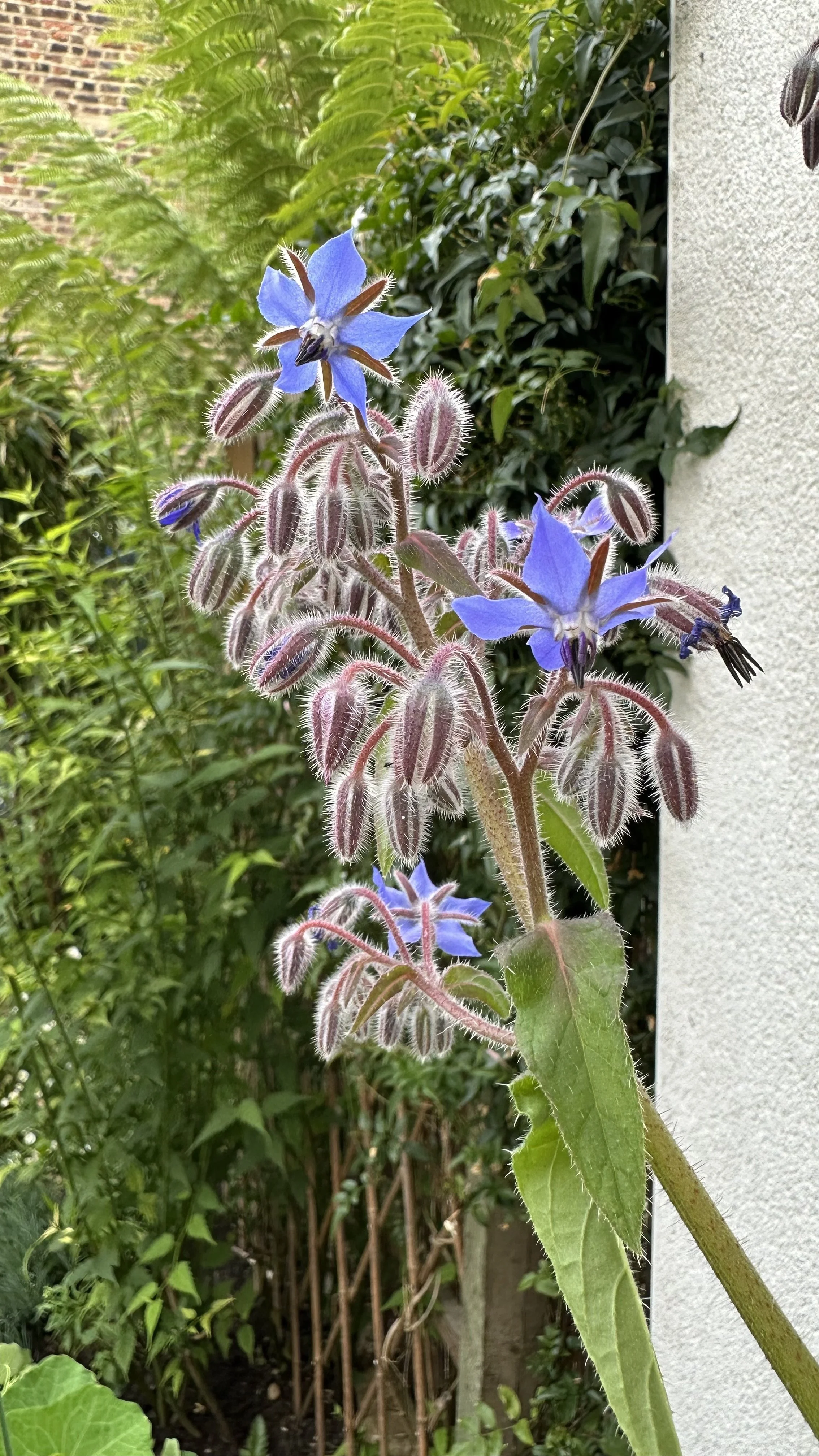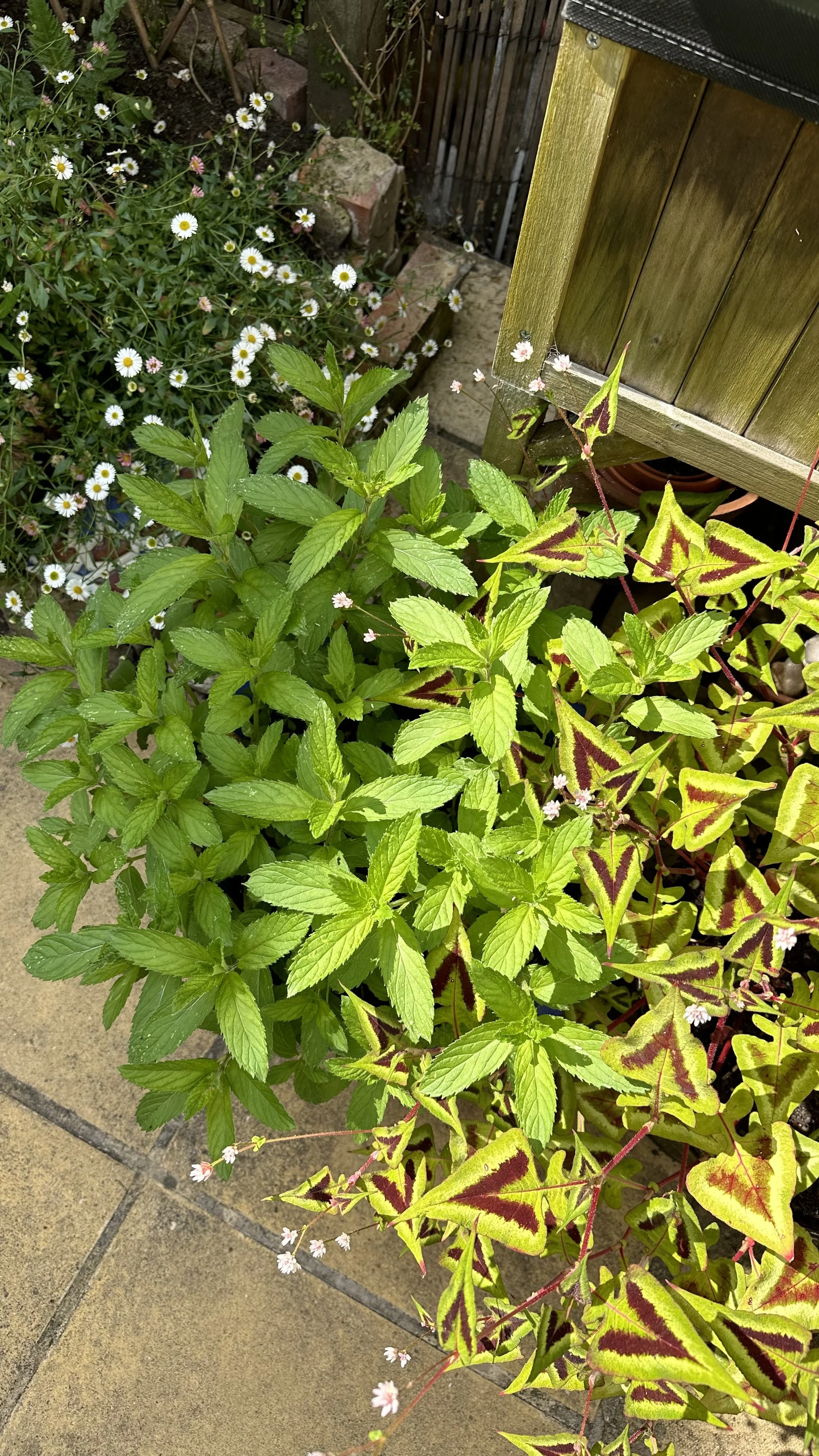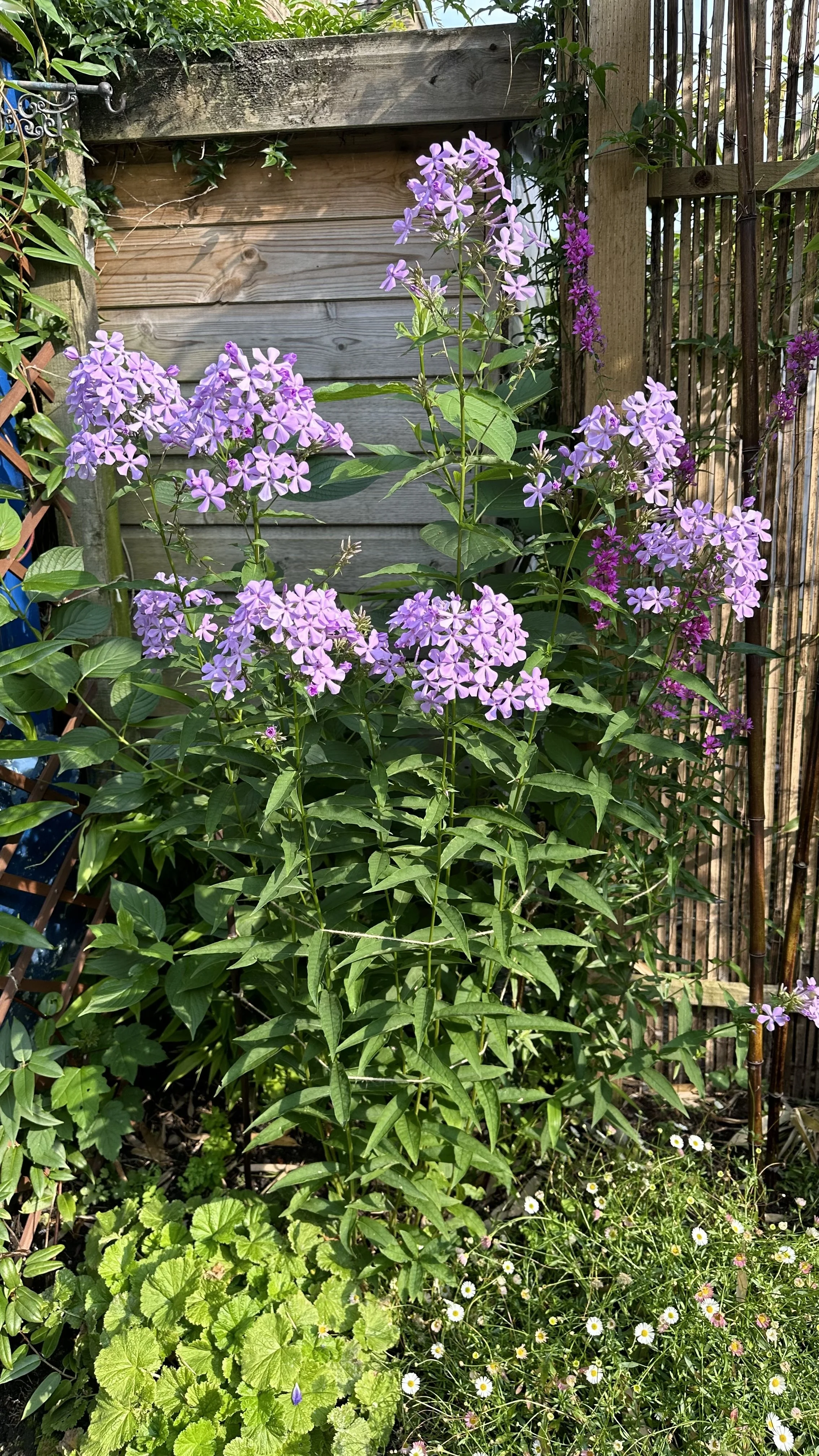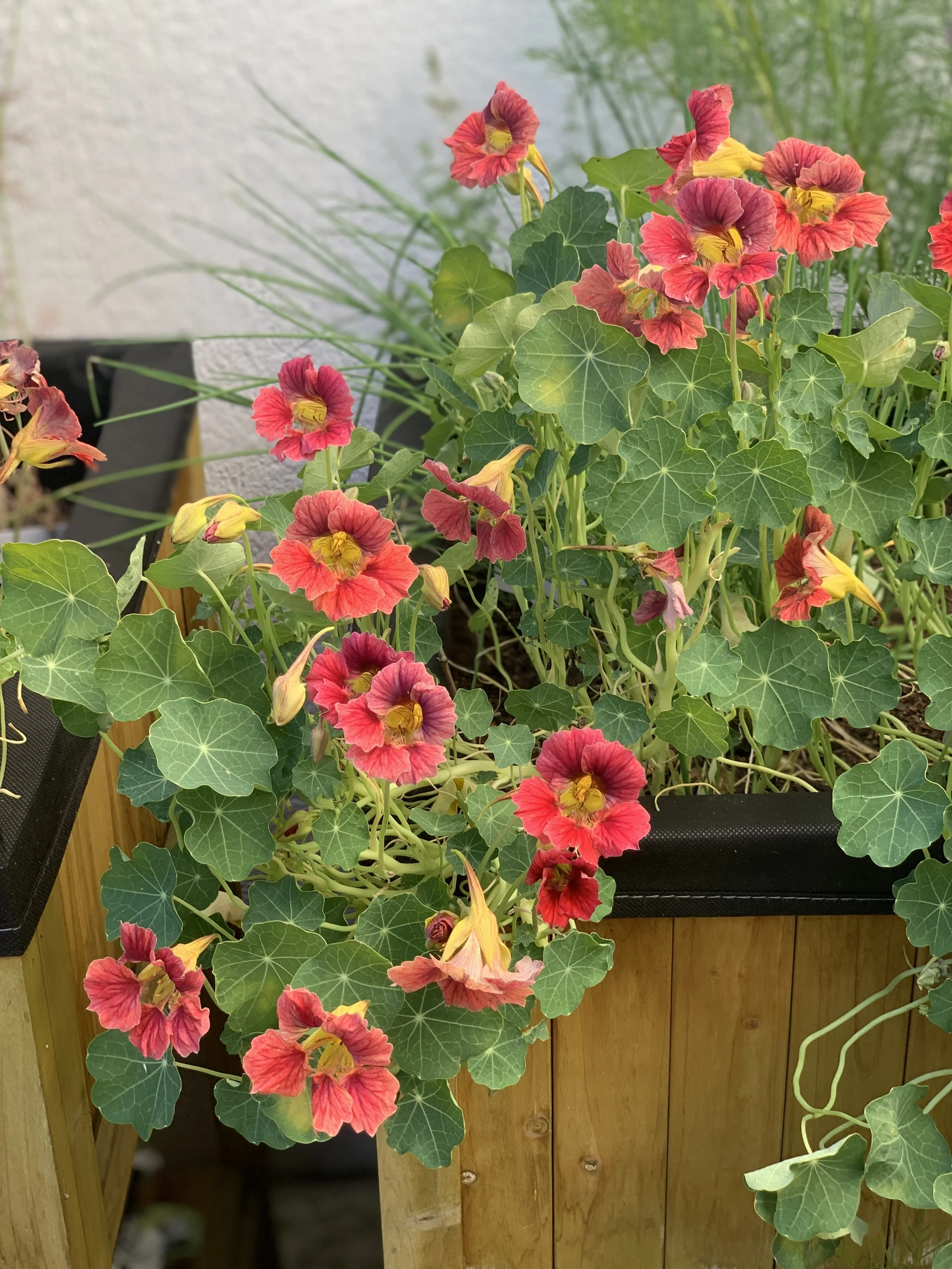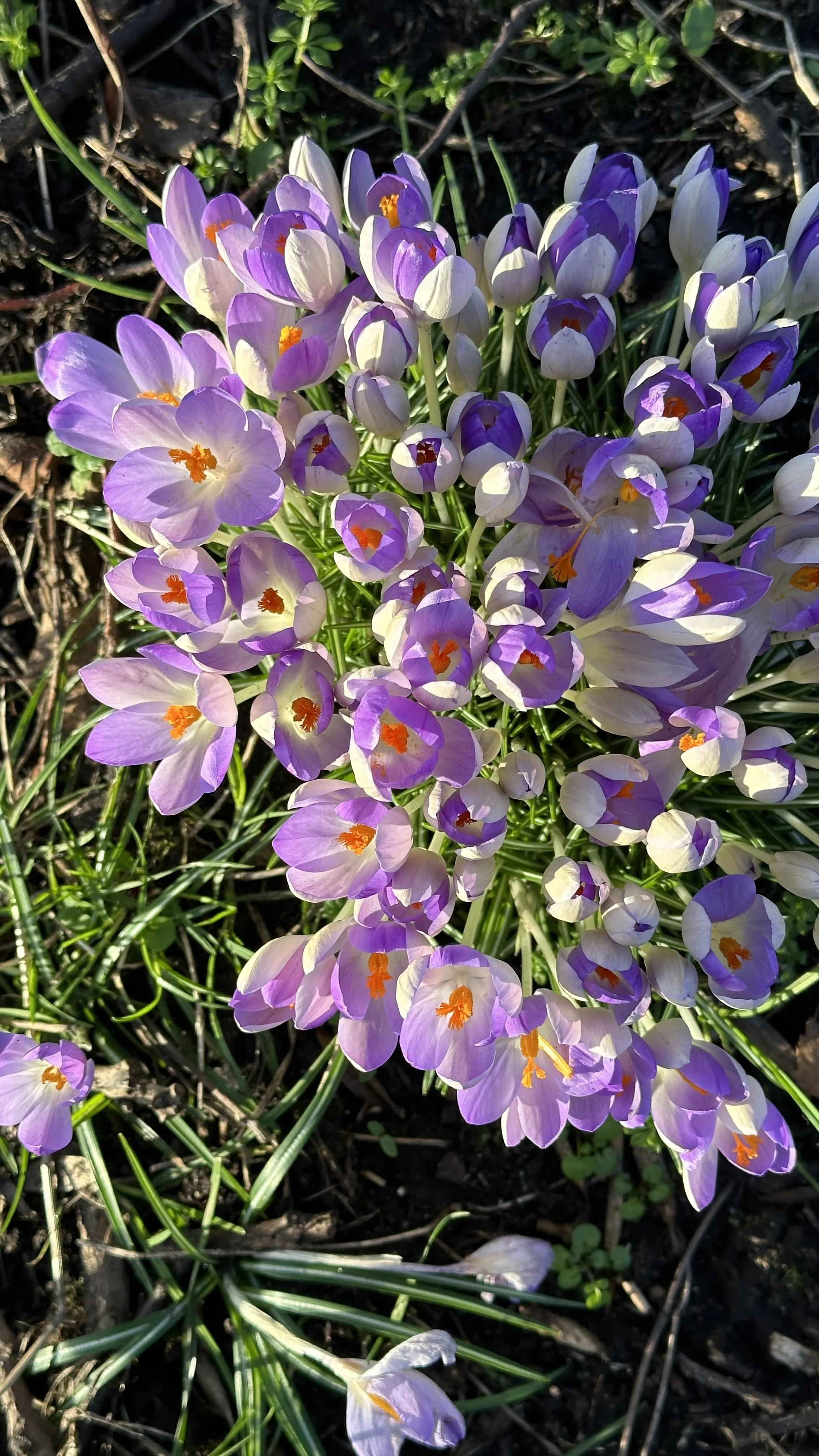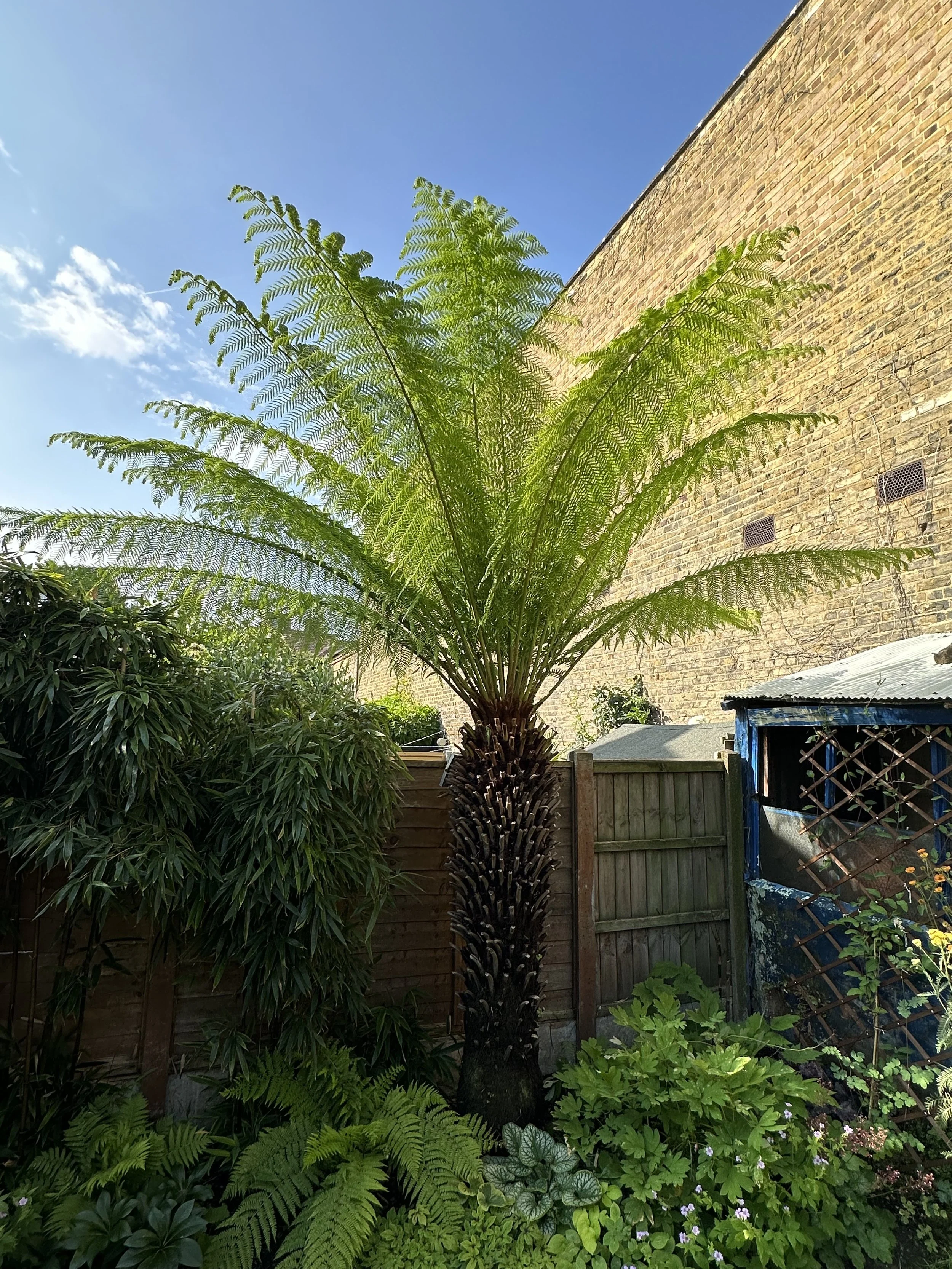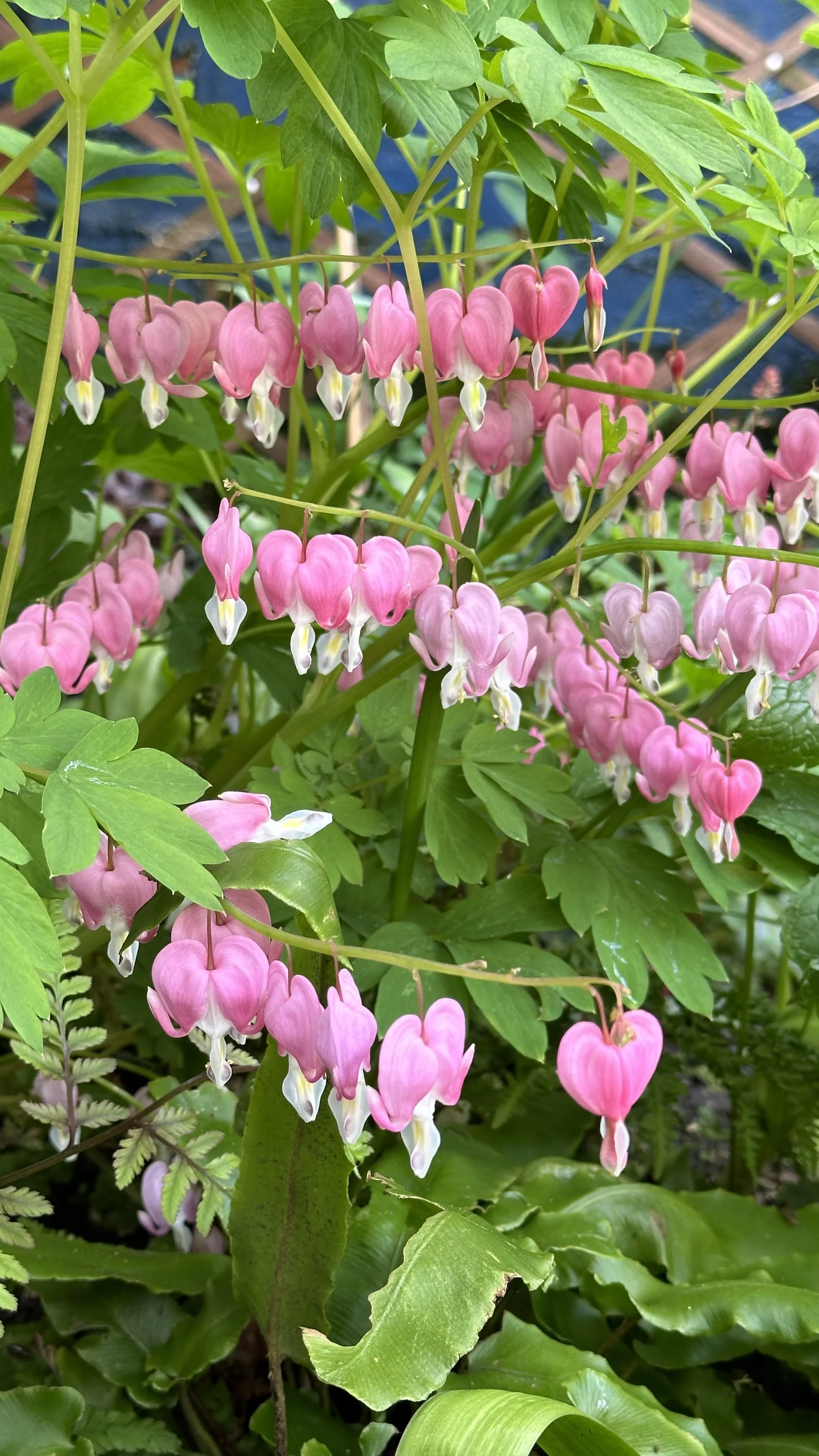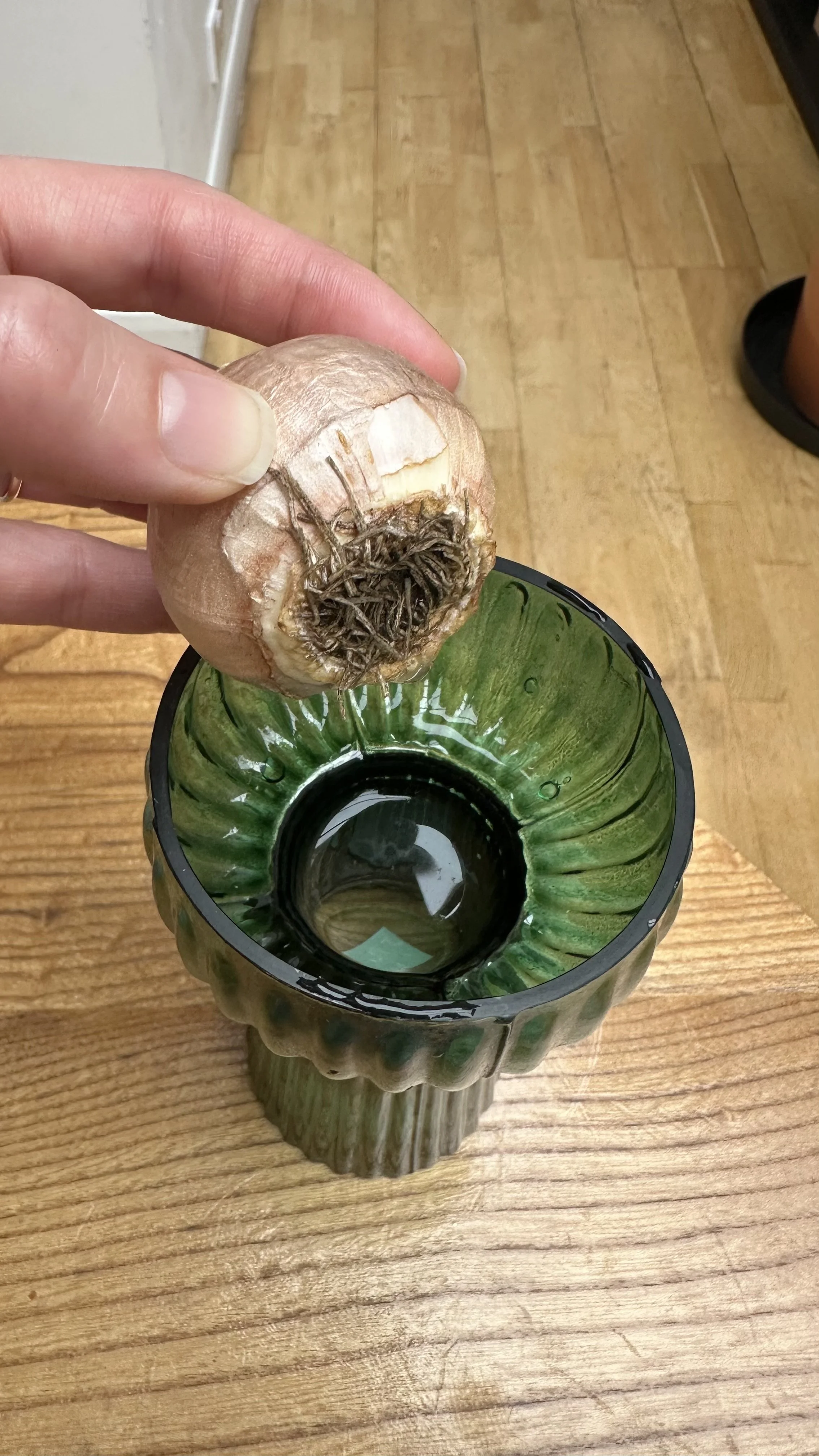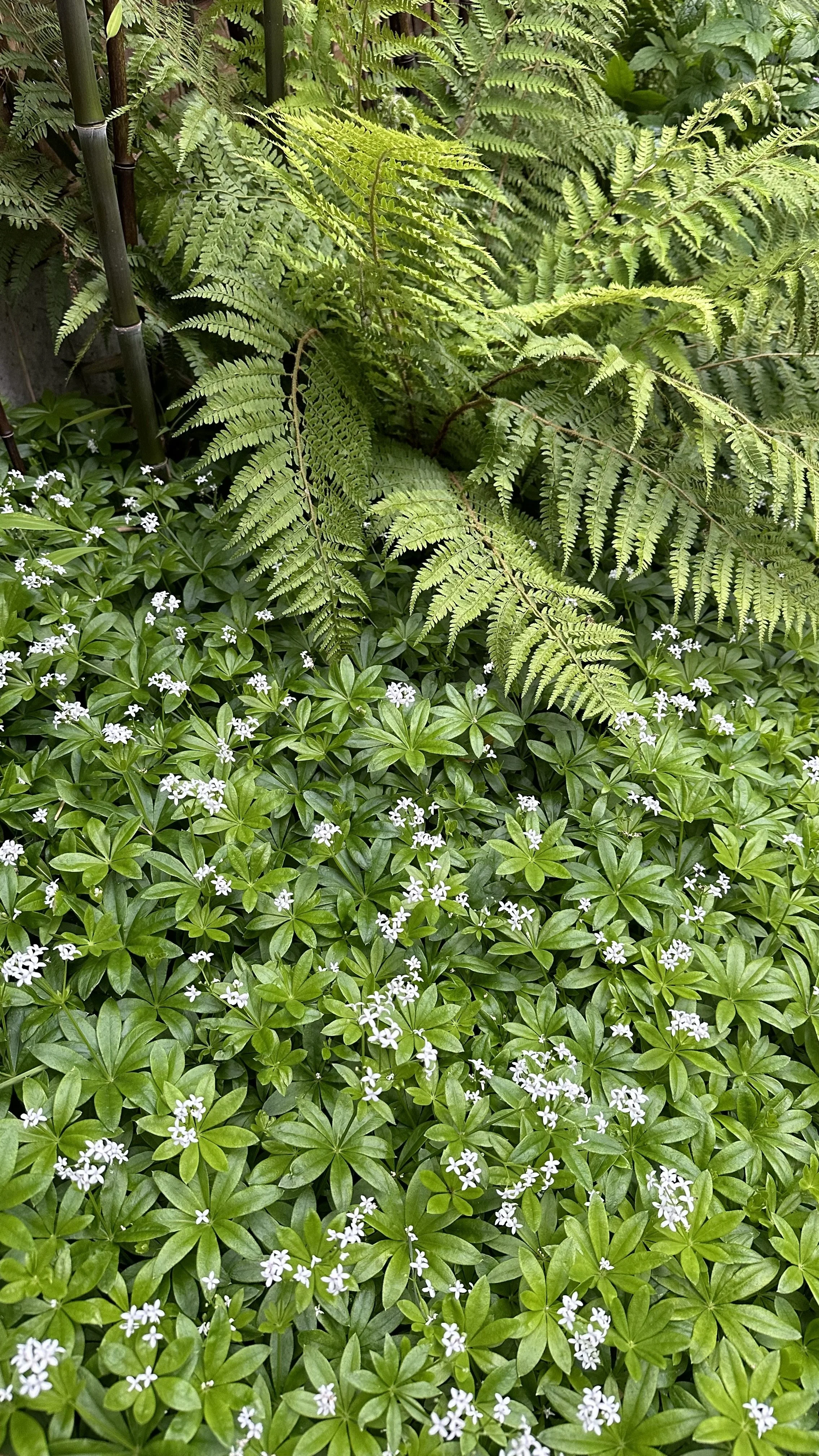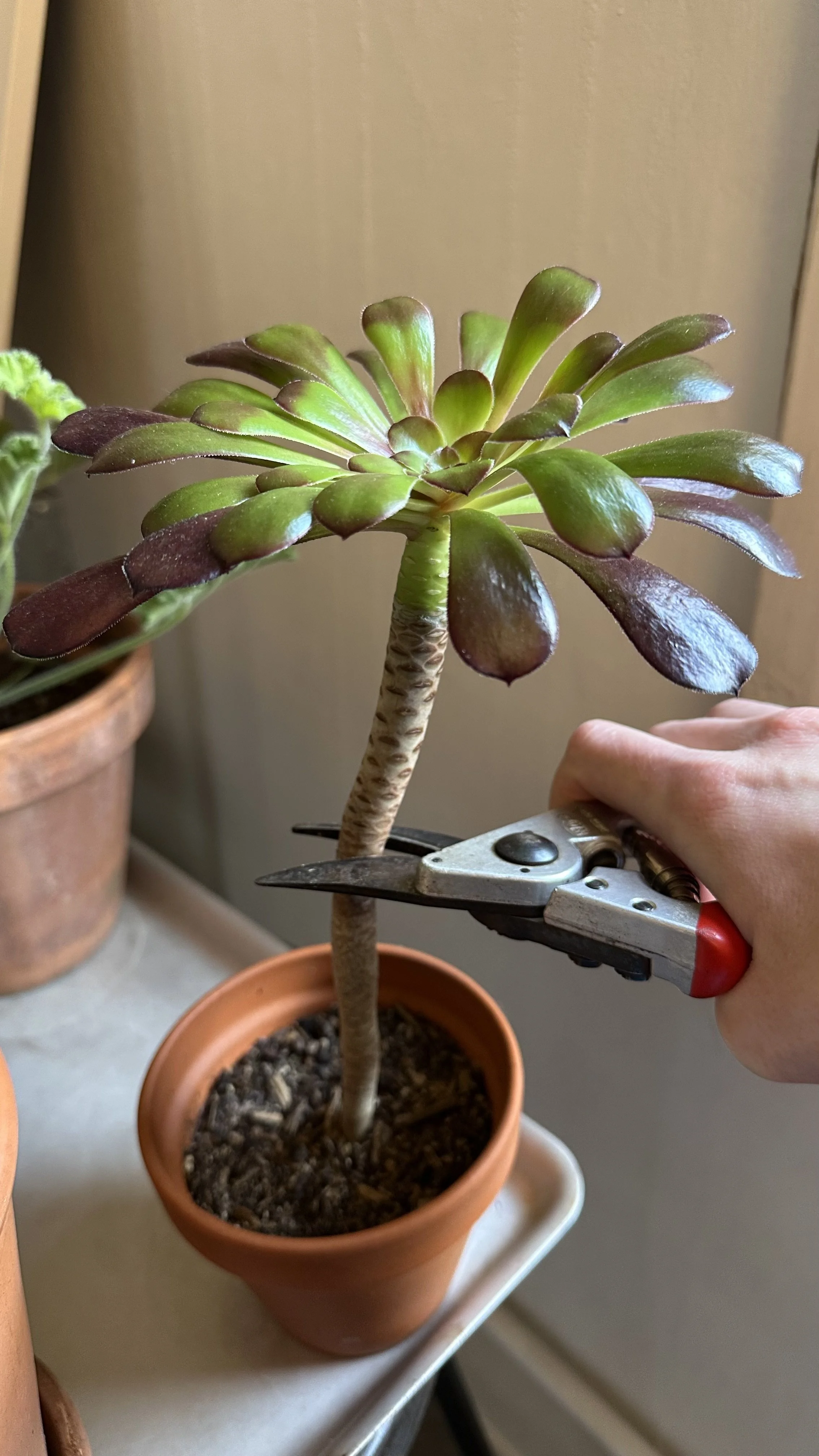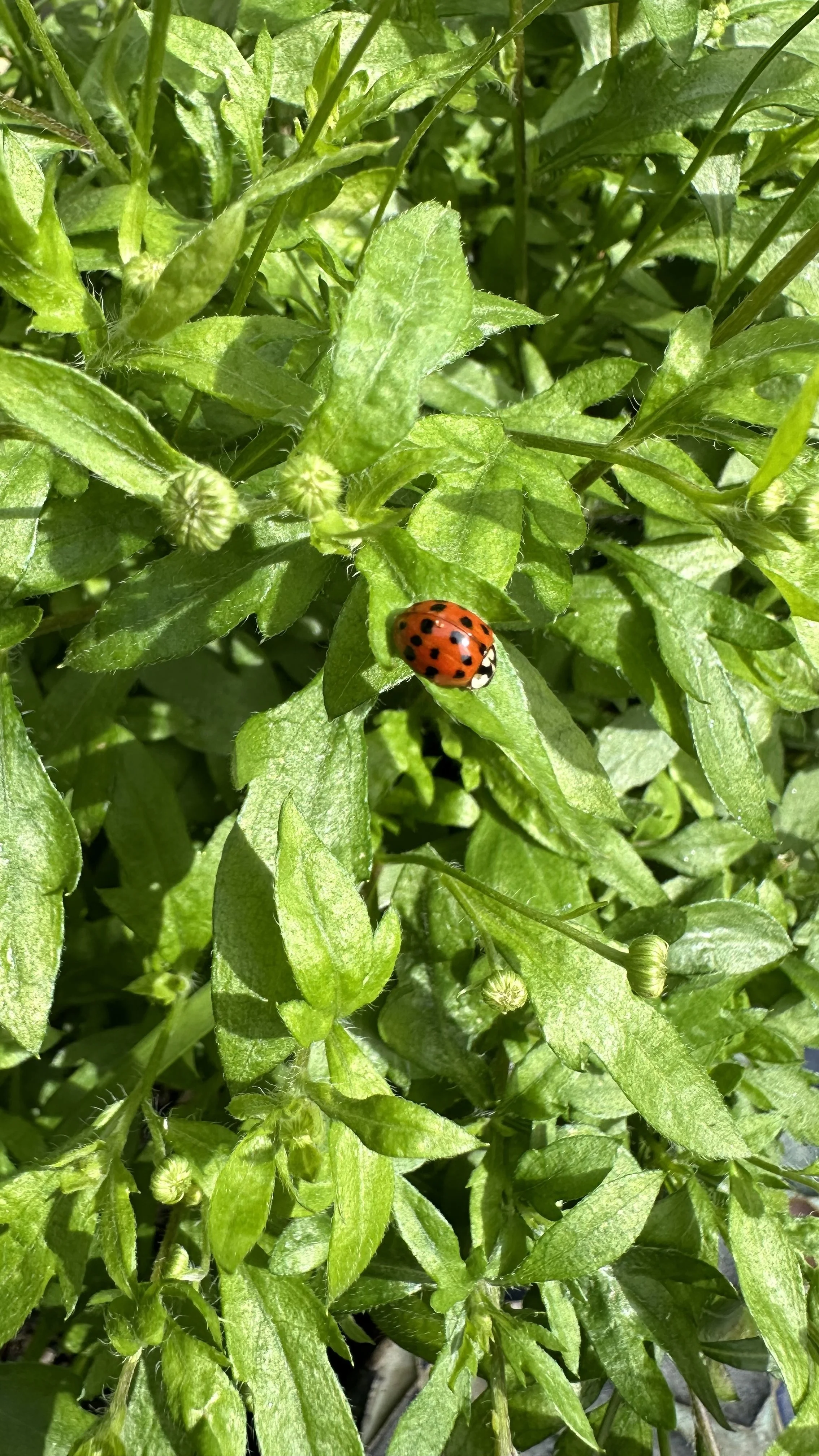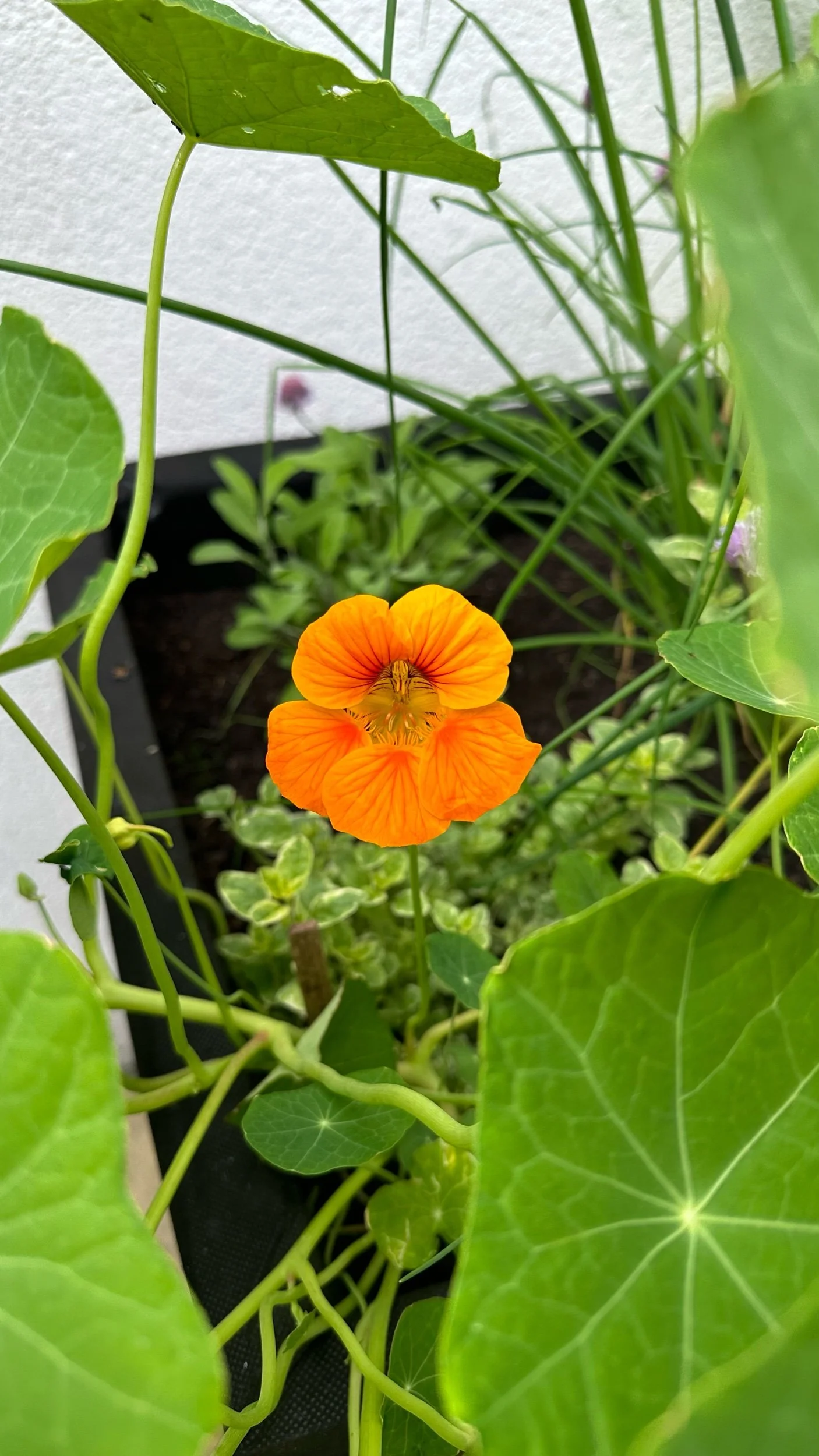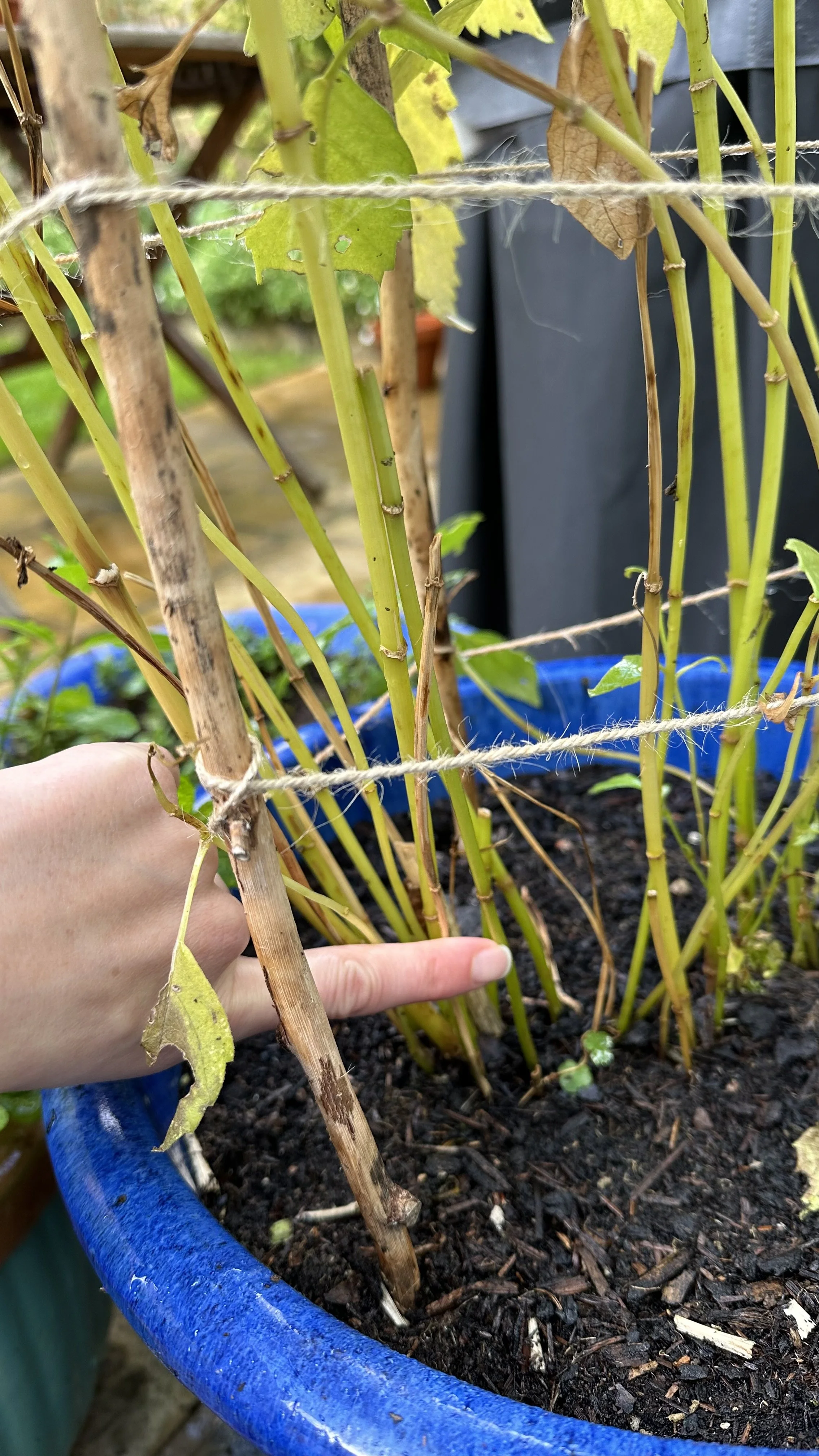A Simple Recipe for Rich Compost Tea
This article has links to products that I may make commission from.
Compost tea is a natural gem in the realm of organic gardening. This simple, yet potent brew, made by steeping quality compost in water, unlocks a trove of beneficial nutrients and microorganisms.
It’s more than just a fertilizer; it’s a life-enhancing elixir for plants, enriching soil health and bolstering plant resilience in an eco-friendly way.
Here I'll guide you through the art and science of making and using compost tea.
You'll learn how this liquid gold can revitalize your garden, promoting a sustainable and flourishing ecosystem.
So, prepare to embark on a journey that will not only change the way you garden but also deepen your connection with nature's intricate processes.
To learn more about composting, check out my guides:
How to Start Composting in a Tumbler
What is Compost Tea?
Compost tea is a liquid extract derived from compost and is packed with beneficial microorganisms and nutrients essential for garden vitality.
It is a unique and organic solution that has become a favorite among gardeners for its ability to enhance soil and plant health naturally.
The Brewing Process:
Brewing compost tea involves steeping compost in water, which is akin to making a giant tea bag filled with compost.
During this process, the water becomes enriched with soluble nutrients and beneficial microorganisms such as bacteria, fungi, protozoa, and nematodes.
The key to successful compost tea lies in maintaining a well-aerated environment during the brewing process, which encourages the growth and multiplication of these beneficial organisms.
Types of Compost Tea:
Aerated Compost Tea (ACT):
This is the most popular type. It involves constantly adding oxygen into the mix using an air pump, which promotes the growth of aerobic microorganisms.
These organisms are particularly beneficial for plant health and soil quality.
Non-Aerated Compost Tea (NCT):
This type does not require an air pump but has a different microbial profile and is generally considered less effective than ACT.
Why Use Compost Tea?
Compost tea is not just a trend in the gardening community; it's a tried and tested method that brings a multitude of benefits to both plants and soil.
Let's delve into why using compost tea is a game-changer for gardeners.
Enhanced Plant Nutrition and Growth:
Direct Nutrient Supply:
Compost tea is a direct source of essential nutrients like nitrogen, phosphorus, potassium, and trace elements, which are readily available for plant uptake.
This immediate nutrient supply can lead to more robust and vigorous plant growth.
Improved Nutrient Cycling:
The microorganisms in compost tea play a crucial role in breaking down organic matter in the soil, thereby improving nutrient cycling and making existing soil nutrients more available to plants.
Disease and Pest Resistance:
Natural Disease Suppression:
The beneficial microbes in compost tea can outcompete and inhibit the growth of plant pathogens.
This natural form of disease suppression is safer and more sustainable than chemical fungicides.
Enhanced Plant Immunity:
Regular application of compost tea can help build up a plant's natural defense mechanisms, making them more resilient to pests and diseases.
Soil Health and Structure:
Soil Microbiome Boost:
Compost tea introduces a diverse community of beneficial microorganisms to the soil, enhancing the soil microbiome's health and diversity.
Improved Soil Structure:
These microorganisms help create a better soil structure, which improves water retention, aeration, and root penetration, leading to healthier plant growth.
Environmental Benefits:
Eco-Friendly Gardening:
Using compost tea reduces the need for chemical fertilizers and pesticides, making gardening more sustainable and environmentally friendly.
Reduction in Chemical Runoff:
By avoiding synthetic chemicals, compost tea helps reduce the risk of harmful runoff that can contaminate waterways and adversely affect local ecosystems.
Versatility and Cost-Effectiveness:
Suitable for All Plants:
Compost tea can be used on a wide range of plants, from vegetables and fruits to ornamental plants and lawns.
DIY and Cost-Effective:
Making your own compost tea is a cost-effective solution compared to buying commercial fertilizers and plant treatments. It can be made at home using simple ingredients and equipment.
Ingredients for the Perfect Compost Tea Recipe
Creating the perfect compost tea is akin to crafting a gourmet meal for your garden.
Each ingredient plays a vital role in the final product's quality and effectiveness.
Here's a closer look at what you'll need and why each ingredient is important.
1. Organic Compost: The Foundation
Quality Matters:
The compost is the heart of your tea. It should be well-aged, rich in organic matter, and free from any harmful pathogens or chemicals.
Homemade compost is ideal, but store-bought organic compost works well too.
Here is the organic compost I recommend using:
Diverse Material Source:
Compost made from a diverse range of organic materials (like leaves, kitchen scraps, and grass clippings) will lead to a more nutrient-rich and microbiologically diverse tea.
2. Water: The Medium
Non-Chlorinated is Key:
Chlorine in tap water can kill the beneficial microorganisms in compost.
Use rainwater, pond water, or let tap water sit out for 24 hours to allow the chlorine to evaporate.
Rainwater collected from a water butt is perfect for this.
Temperature Considerations:
Room temperature water is ideal as extreme hot or cold can shock the microorganisms.
3. Air Pump: Oxygen Supplier
Aeration for Microbial Growth:
Oxygen is crucial for fostering aerobic microorganisms.
An air pump ensures the tea remains well-oxygenated, preventing the growth of harmful anaerobic bacteria.
Here is the air pump I recommend using:
Size and Strength:
The size and strength of the pump should be appropriate for the amount of tea you are brewing.
Larger batches require more powerful aeration.
4. Gallon Bucket or Tea Brewer: The Brewing Vessel
Size Based on Need:
Choose a container size based on the amount of tea you need.
A typical home gardener might use a 5-gallon bucket, while larger gardens may require bigger brewing systems.
This 5-gallon bucket is perfect for the job:
Cleanliness is Crucial:
Ensure the container is clean to prevent any contamination of the tea.
5. Optional Additives: Nutrient Boosters
Worm Castings:
For an extra nutrient boost, particularly in nitrogen.
Here are the worm castings I recommend:
Kelp Meal or Molasses:
These can be added to feed and proliferate the microbial life in the tea.
This is the kelp meal I recommend:
Rock Dust:
Provides trace minerals.
This is the rock dust I recommend:
Step-by-Step Guide: Making Your Own Compost Tea
Creating compost tea is a straightforward process, but attention to detail can make a significant difference in the quality of the final product.
Here’s an expanded guide to help you brew a potent batch of compost tea.
Step 1: Gather Your Materials
Prepare Your Ingredients: Assemble your organic compost, non-chlorinated water, air pump, and brewing container (like a gallon bucket).
Cleaning: Ensure all equipment is clean to prevent contamination.
Step 2: Fill the Bucket with Compost
Proportion:
Fill your brewing container about one-third full with compost. For a 5-gallon bucket, this would be about 1.5 to 2 gallons of compost.
Consistency:
Ensure the compost is broken down into small, manageable pieces for better water infiltration and extraction.
Step 3: Add Water
Fill with Water:
Add non-chlorinated water to the bucket, leaving some space at the top to prevent spillage during aeration.
Mixing:
Stir the mixture thoroughly to ensure the compost is fully saturated.
Step 4: Aerate the Mixture
Set Up the Air Pump:
Attach air stones or diffusers to the air pump and place them at the bottom of the bucket.
Continuous Aeration:
Keep the air pump running continuously to supply oxygen. This step is crucial for encouraging the growth of beneficial aerobic microbes.
Step 5: Brewing Time
Duration:
Allow the mixture to brew for 24-48 hours. The exact time can depend on the ambient temperature and the desired microbial activity.
Monitoring:
Check the brew occasionally to ensure that the aeration is consistent and the temperature is stable.
Step 6: Strain and Use
Straining:
Once brewing is complete, strain the liquid to remove solid particles. Use a cheesecloth, fine mesh, or a paint strainer bag.
Application:
Apply the tea as soon as possible after brewing for maximum effectiveness. Dilute with water if it appears too concentrated.
Step 7: Clean Up
Equipment Care:
Clean all equipment thoroughly after use to prevent any buildup of residual compost or mold.
Tips for Success:
Temperature:
Brew at a temperature between 55°F and 75°F for optimal microbial activity.
Avoid Over-Brewing:
Brewing beyond 48 hours can lead to the development of harmful anaerobic bacteria.
Dilution:
If unsure of the concentration, it's safer to dilute the tea more rather than less. A general guideline is a 1:10 ratio of tea to water.
Customizing Your Compost Tea Recipe
Compost tea can be adapted to suit different types of plants and their unique nutritional requirements.
By tweaking the basic recipe, you can create specialized brews that cater to the specific needs of your garden.
Customization for Flowering Plants
Addition of Phosphorus:
Flowering plants like dahlias and geums benefit from higher phosphorus levels.
Consider adding bone meal to your compost mix, as it is rich in phosphorus.
Here is the bone meal I recommend using:
Incorporate Worm Castings:
Worm castings are a great addition for flowering plants.
They not only add nutrients but also encourage beneficial microbial life that supports flower development.
Here are my favorite worm castings:
Compost Tea for Vegetables
Nitrogen-Rich Additives:
For leafy greens like lettuce and spinach and other vegetables, a nitrogen boost can be very beneficial.
Adding green plant material, like grass clippings or nettles, can increase the nitrogen content.
Balanced Nutrient Profile:
Vegetables also thrive on a balanced diet. Ensure your compost includes a mix of green (nitrogen-rich) and brown (carbon-rich) materials.
Special Recipe for Tomatoes
Calcium Enrichment:
Tomatoes benefit from extra calcium to prevent blossom end rot.
Adding eggshells to your compost mix can provide this necessary nutrient.
Here are the ground eggshells I recommend:
Balanced Nutrient Approach:
Ensure that the compost used for tomato-specific tea is balanced, providing a range of nutrients to support overall plant health.
Also, check out my guide: Quick Homemade Tomato Fertilizer.
Compost Tea for Flowering Stage
Phosphorus and Potassium Boost:
During the flowering stage, plants need more phosphorus and potassium.
Adding rock phosphate and wood ash can provide these nutrients.
Here is the rock phosphate I recommend:
Microbial Diversity:
Maintaining a diverse microbial population is crucial for flowering plants to absorb these nutrients effectively.
Tips for Customization:
Understand Your Plant's Needs:
Different plants have different nutrient requirements at various stages of their growth.
Tailoring your compost tea to these needs can significantly impact their health and productivity.
Experimentation:
Don’t hesitate to experiment with different additives and proportions. Gardening is as much an art as it is a science.
Observe Plant Response:
Pay attention to how your plants react to different tea brews and adjust your recipe accordingly.
Storing and Using Compost Tea
Once you've brewed your compost tea, knowing how to store and apply it correctly is crucial for getting the most benefit out of it.
Here's a overview to help you use and store your compost tea effectively.
Storing Compost Tea
Use Fresh:
Compost tea is most effective when used fresh, ideally within 24 to 36 hours after brewing.
This is when the microbial activity is at its peak.
Storage Conditions:
If you must store it, keep the tea in a dark, cool place and use it within a few days.
Prolonged storage can reduce its effectiveness as the microbial life begins to diminish.
Aeration During Storage:
If you need to store the tea for more than a day, provide aeration to keep the microorganisms alive.
However, this is not a long-term solution, as the quality will still degrade over time.
Using Compost Tea
Dilution:
Dilute the compost tea with water before use, especially if it's a strong brew.
A general guideline is a 1:10 ratio of tea to water, but this can vary based on the strength of your brew and the sensitivity of your plants.
Application Methods:
Foliar Spray:
Applying compost tea as a foliar spray is a great way to provide nutrients directly to the leaves and can help with disease prevention.
Ensure the spray is fine and covers the leaves evenly.
Soil Drench:
Pouring compost tea around the roots or base of the plant helps improve soil quality and root health.
This method is beneficial for providing nutrients directly to the root zone.
Timing and Frequency of Application
Best Time to Apply:
The best time to apply compost tea is early in the morning or late in the afternoon to avoid rapid evaporation.
Frequency:
For most gardens, applying compost tea every 2-4 weeks during the growing season is adequate.
Adjust based on the specific needs of your plants and their response to the tea.
Precautions and Best Practices
Avoid Contamination:
Ensure the spraying equipment is clean to prevent the spread of any disease.
Sensitive Plants:
Be cautious when applying to young seedlings or very delicate plants. It's always better to start with a more diluted solution.
Monitor Plant Response:
Observe how your plants react to the compost tea and adjust your application method and frequency accordingly.
FAQs
Can I Use Any Compost for Making Compost Tea?
Ideally, use well-rotted, organic compost. Avoid compost with large amounts of meat or dairy products to prevent bad odors and pathogens.
Are There Any Dangers in Using Compost Tea?
Compost tea dangers mainly involve using poorly made compost. Ensure your compost is fully decomposed and free of harmful pathogens.
How Often Should I Apply Compost Tea to My Plants?
Apply every 2-4 weeks during the growing season for optimal results. Adjust frequency based on plant response.
Do I Need Special Equipment to Make Compost Tea?
Basic equipment like a bucket, air pump, and water are all you need. More sophisticated tea brewers are available but not necessary for home use.
Conclusion
In the realm of organic gardening, the journey from a humble compost bin to a batch of nutrient-rich compost tea is a magical process. This journey, marked by the transformation of finished compost through tea brewing, represents a deeper understanding and respect for the cycles of nature.
As gardeners, by embracing compost teas, we not only enrich our gardens but also contribute to a healthier, more sustainable environment.
We circumvent the pitfalls of chlorinated water and synthetic additives, instead fostering a thriving garden ecosystem through recipes that harness the very essence of the earth.
The practice of making and using compost tea is more than a gardening technique; it’s a testament to the power of natural synergy. Each batch, unique in its composition, brings with it a promise of enhanced plant growth, soil rejuvenation, and a step towards ecological harmony.
As you continue to explore and refine your recipes, remember that each cup of compost tea is a tribute to the endless possibilities that lie in a simple compost bin and the wonders that finished compost can achieve.
Ready for more organic gardening inspiration? Check out my guides:

